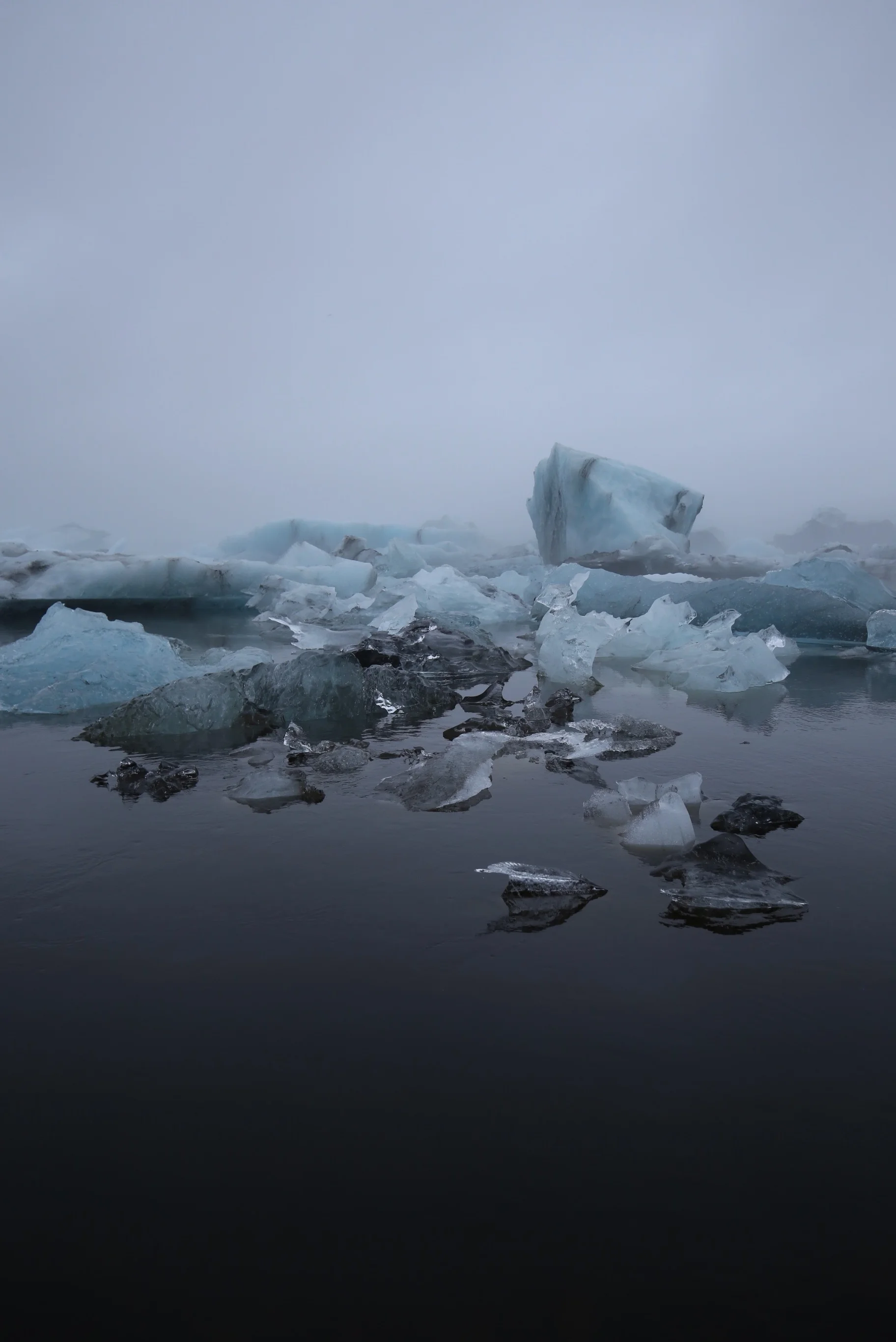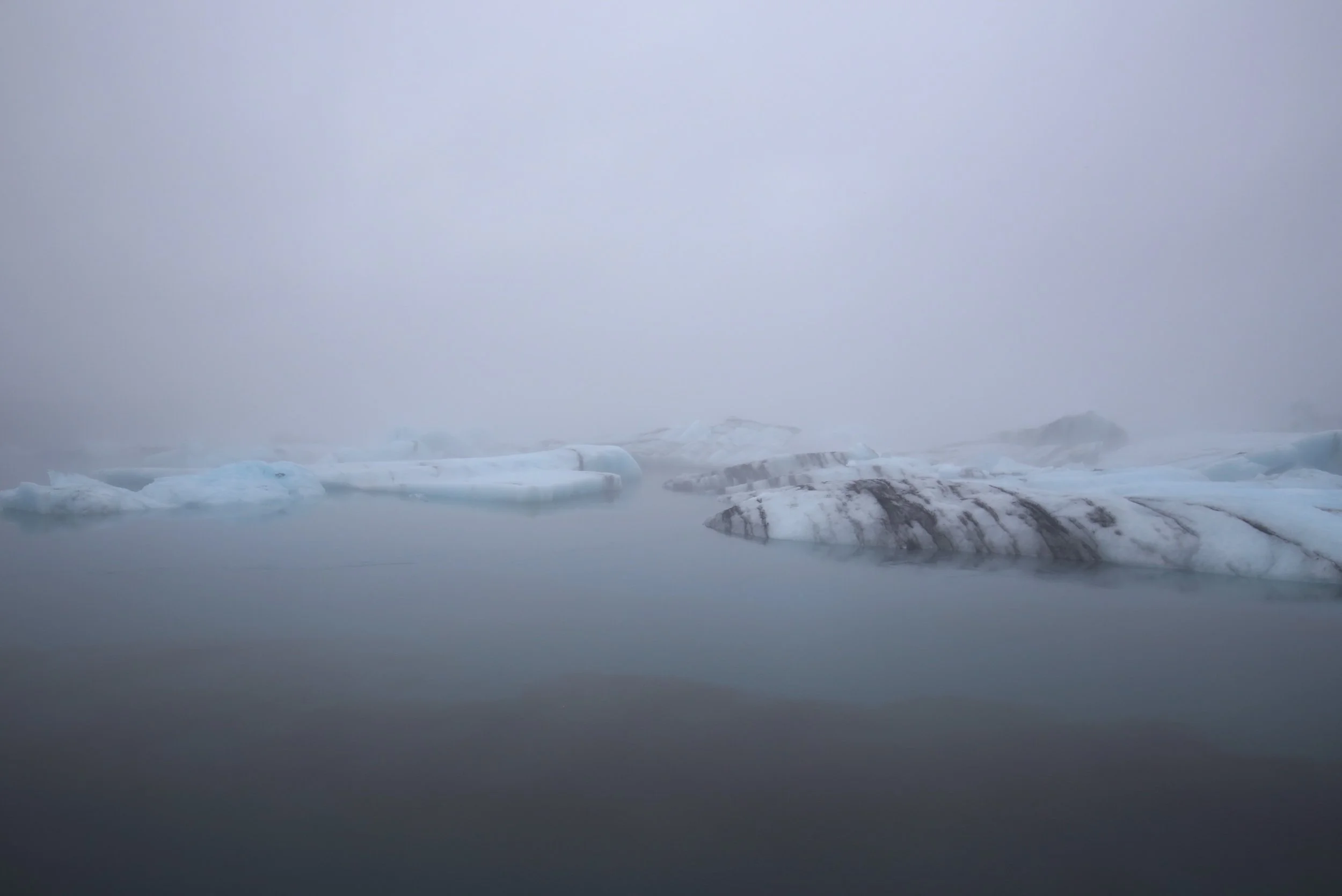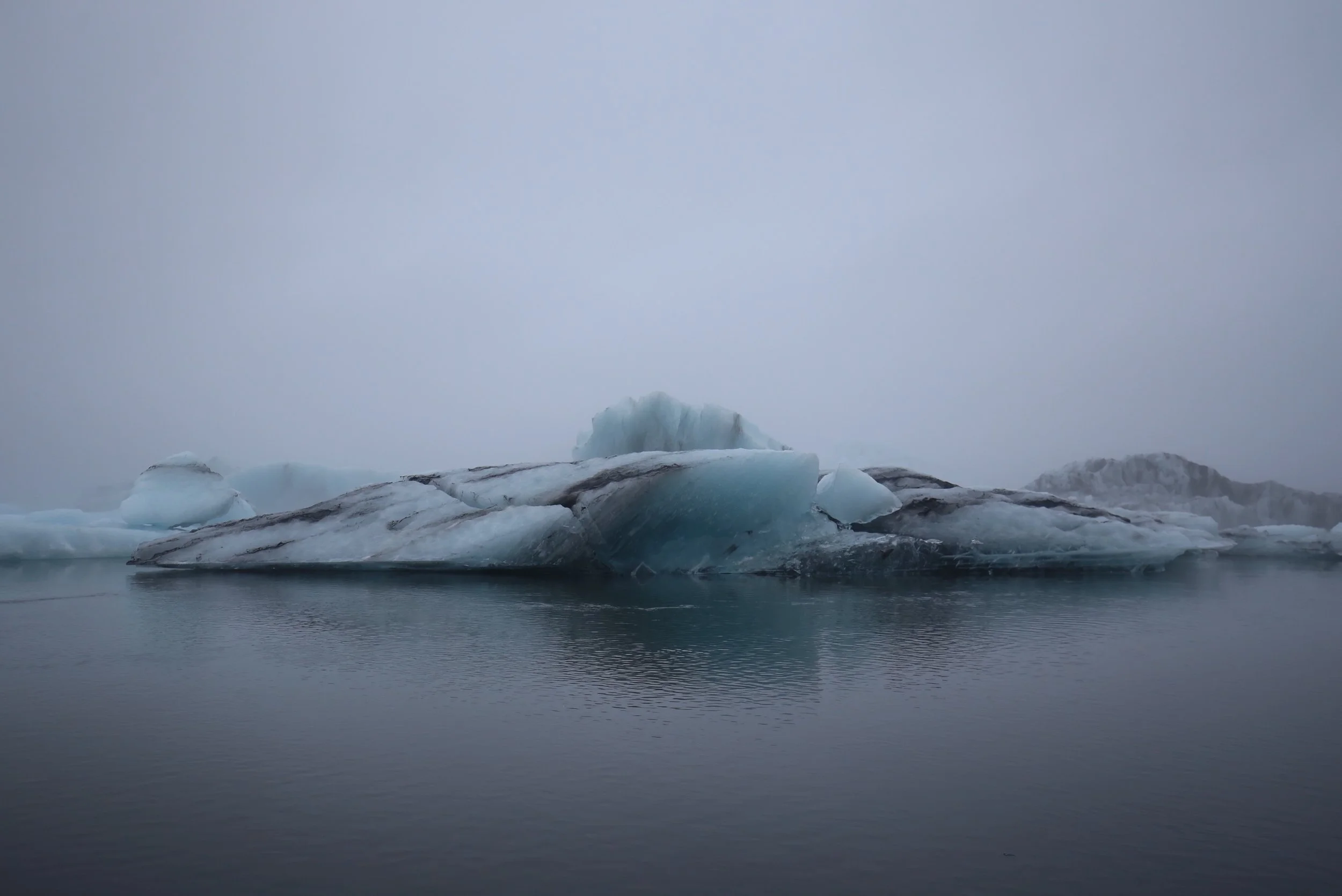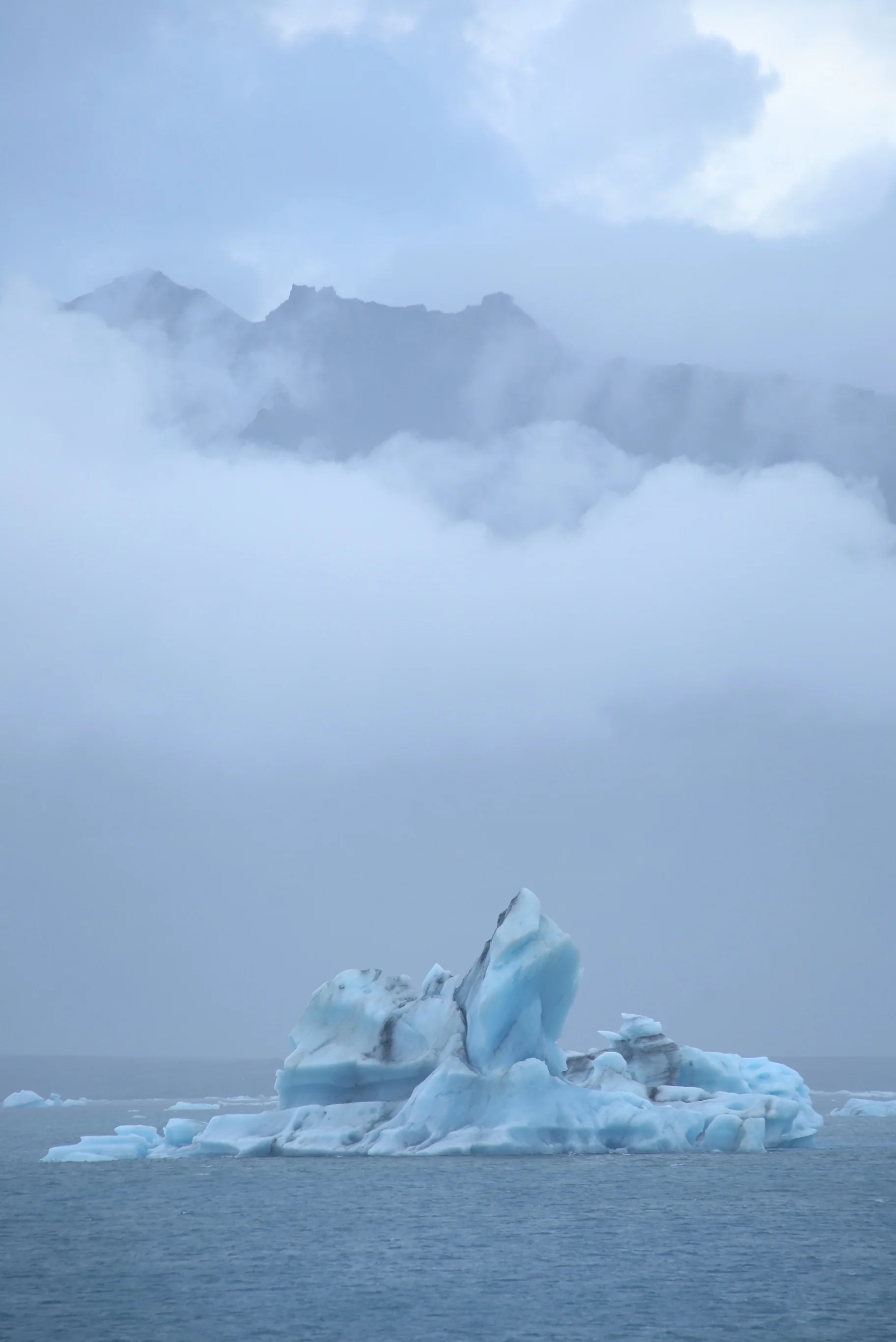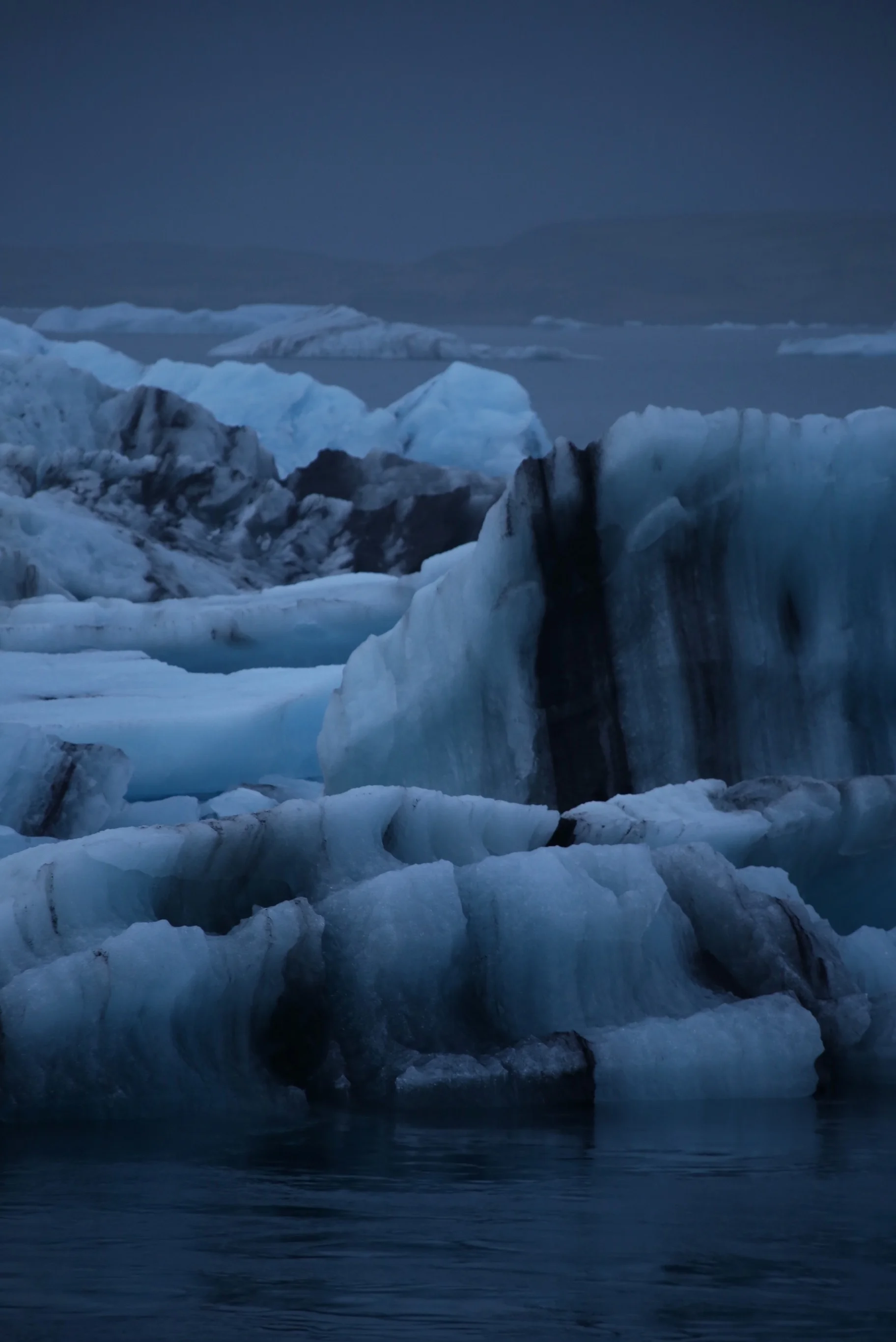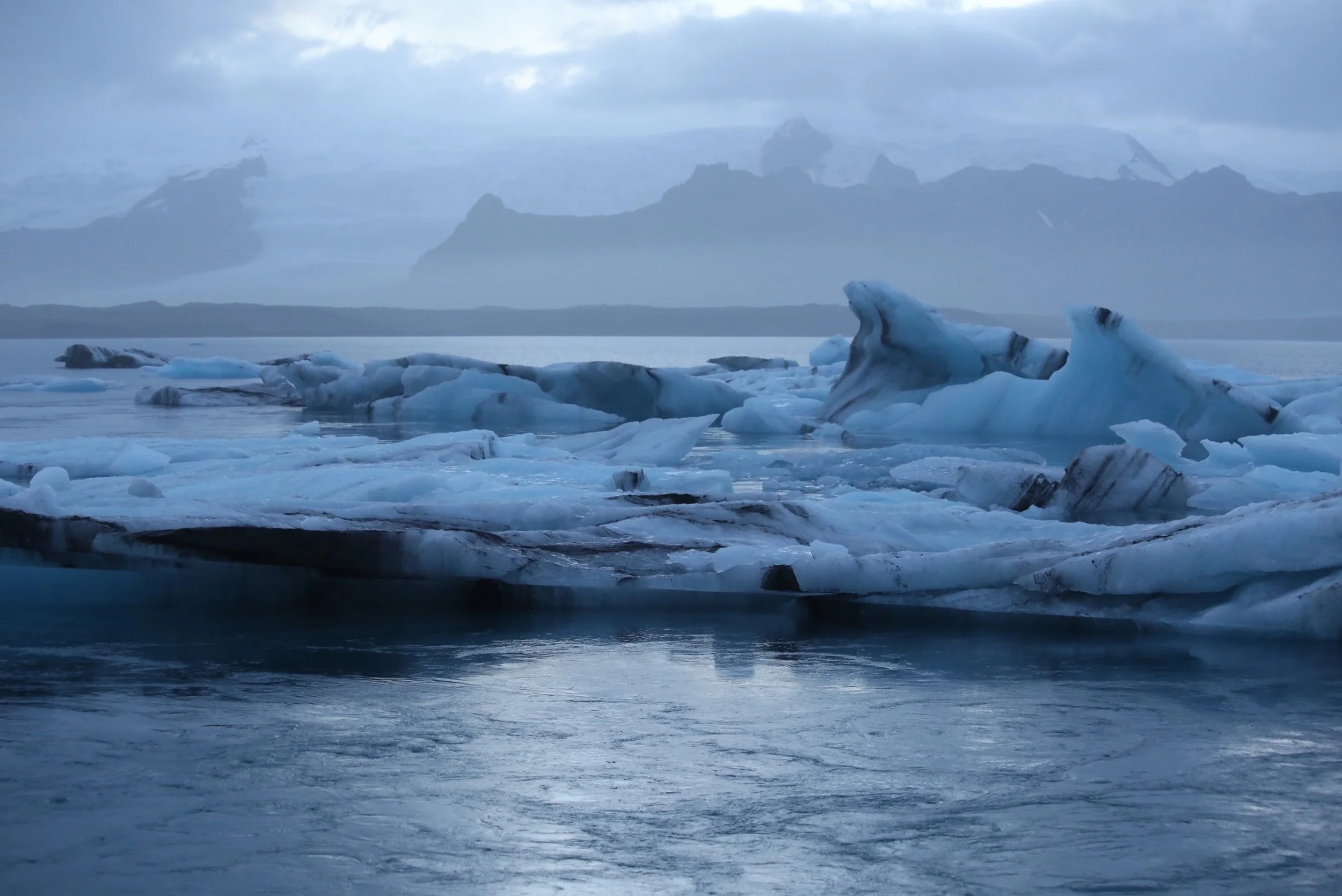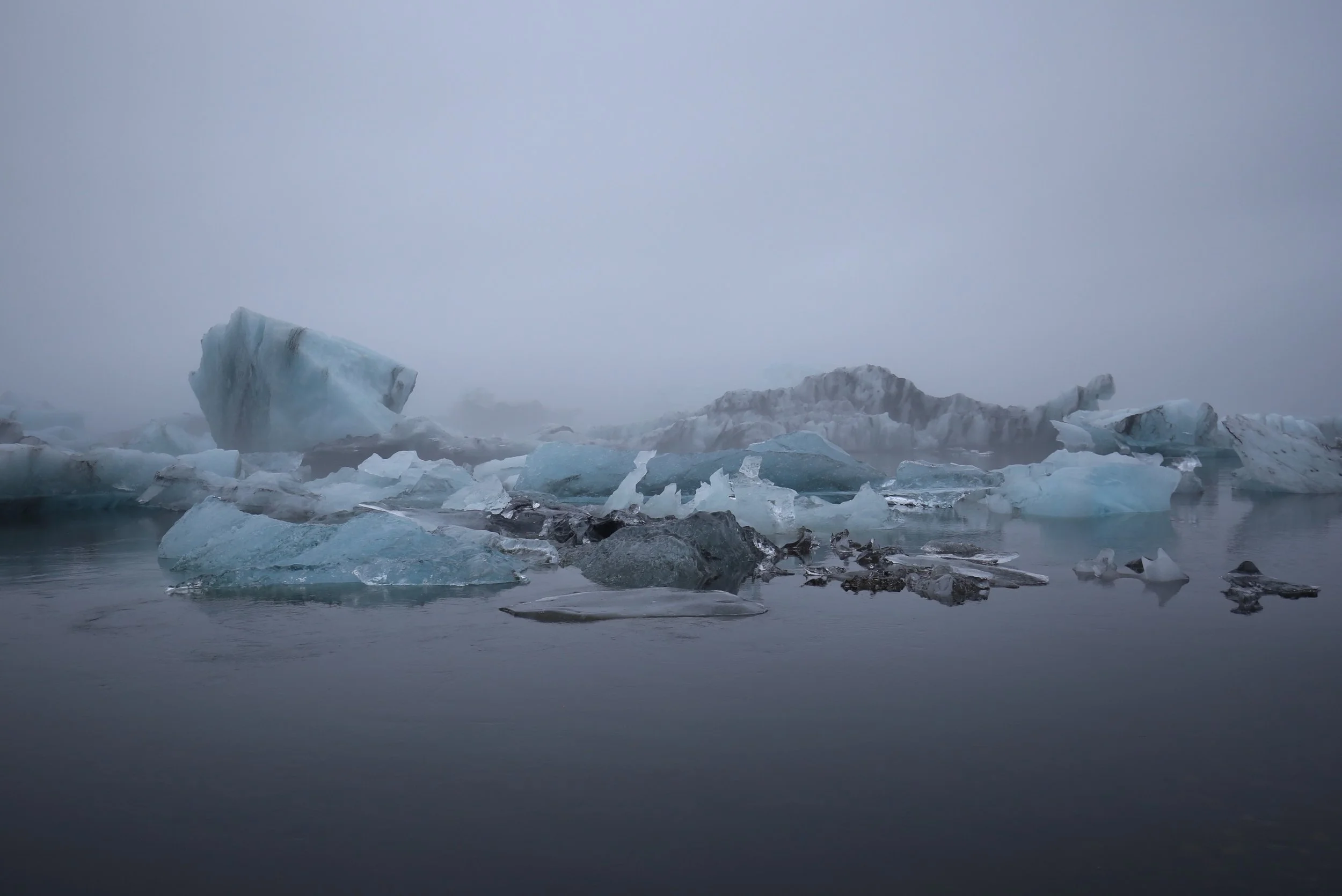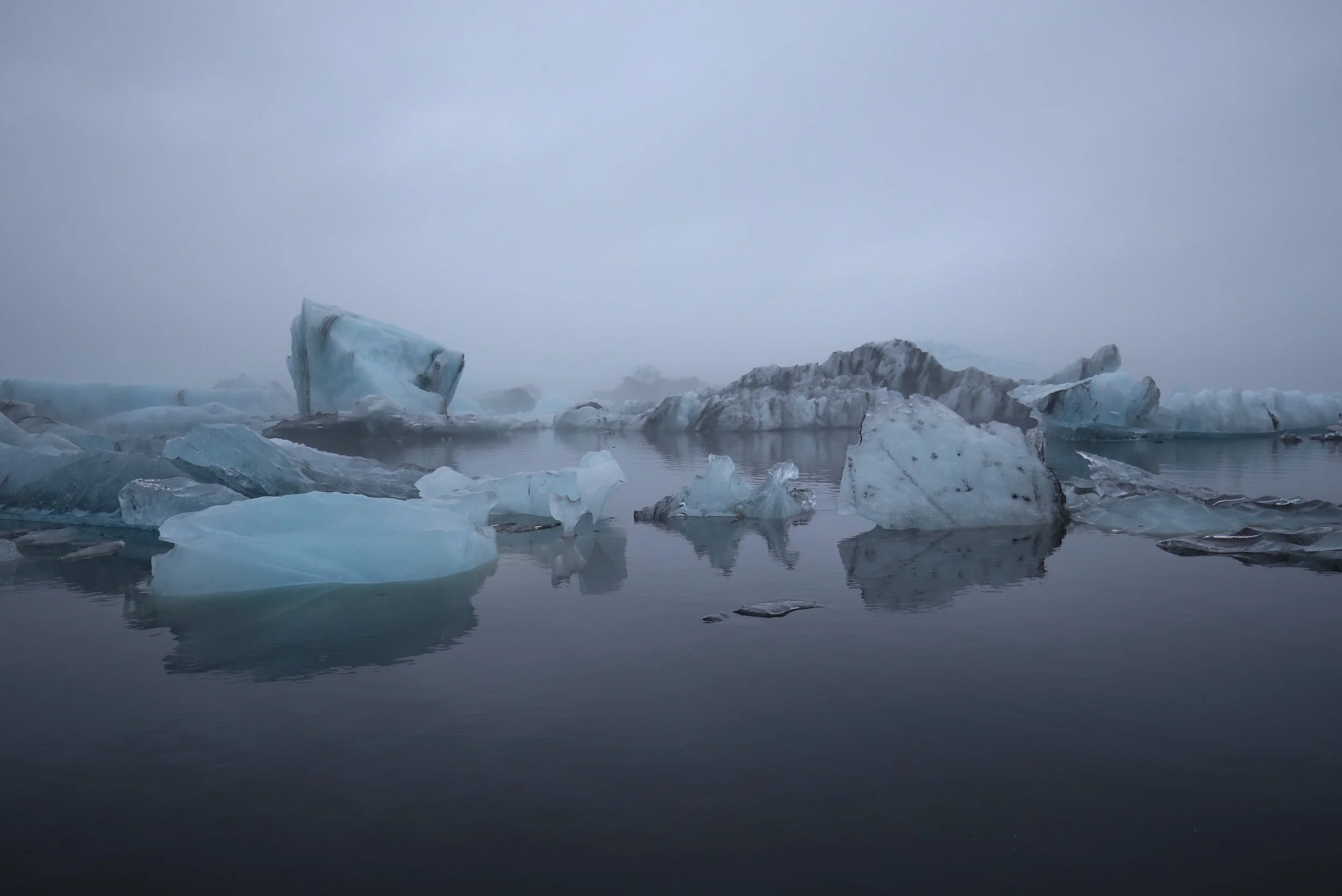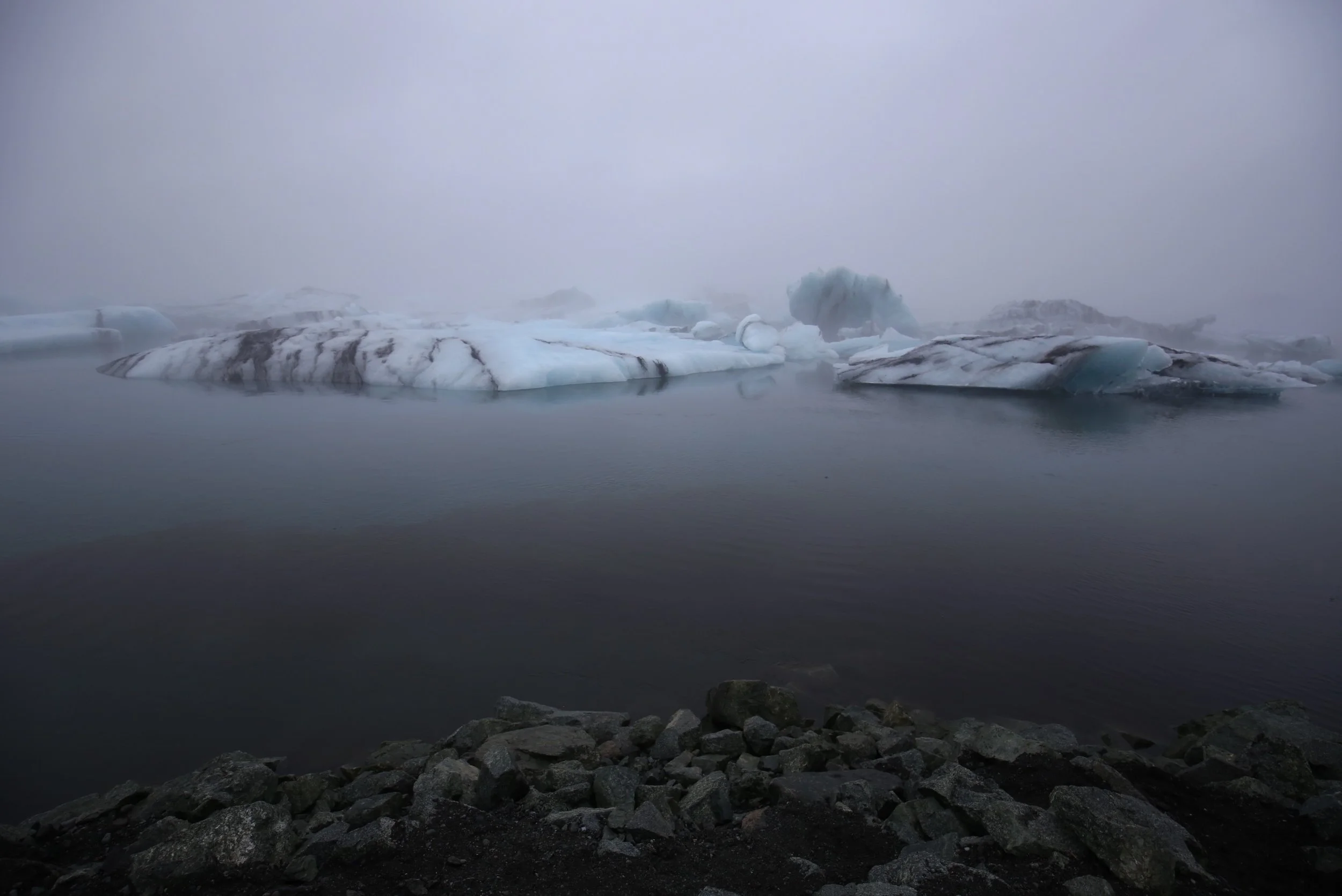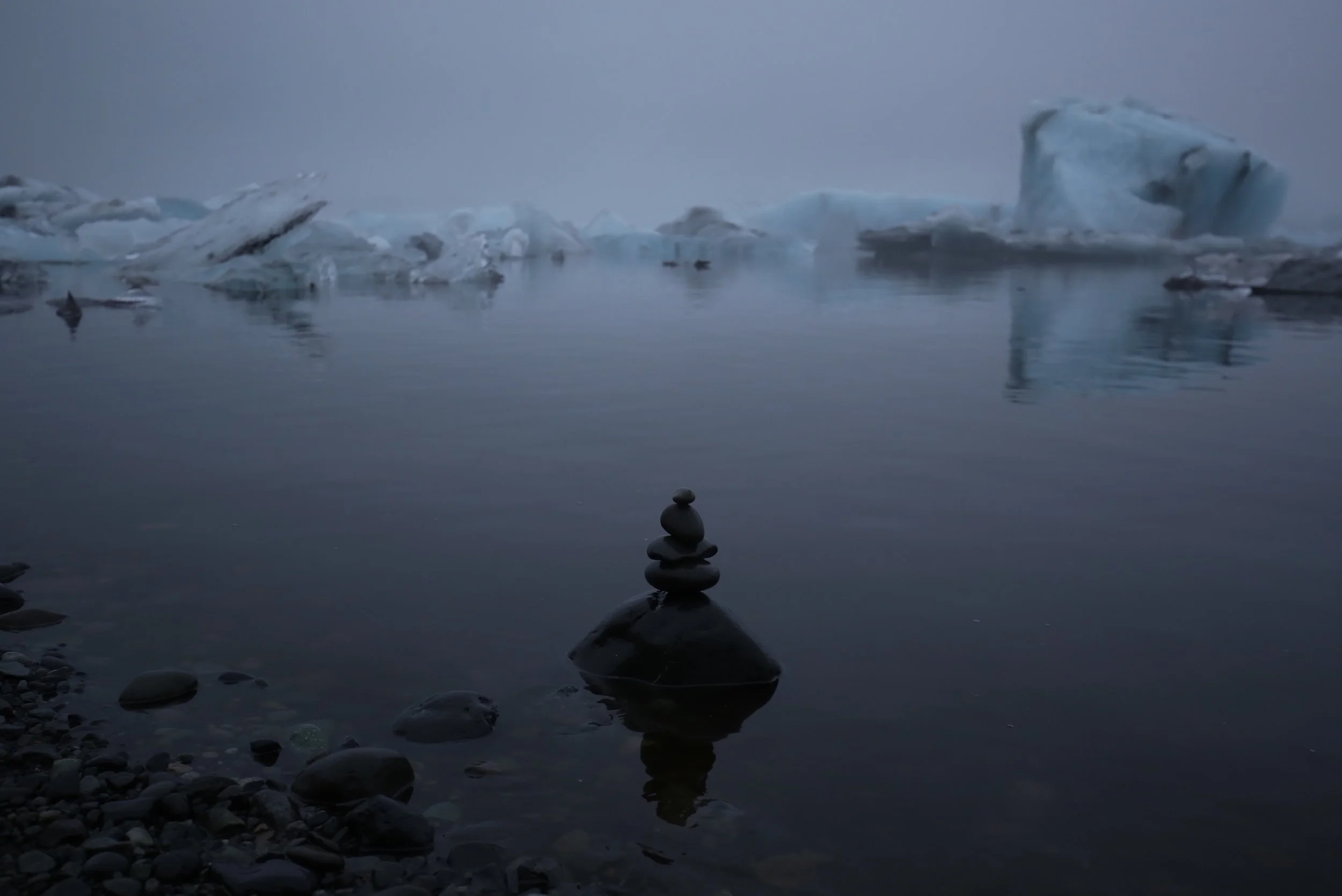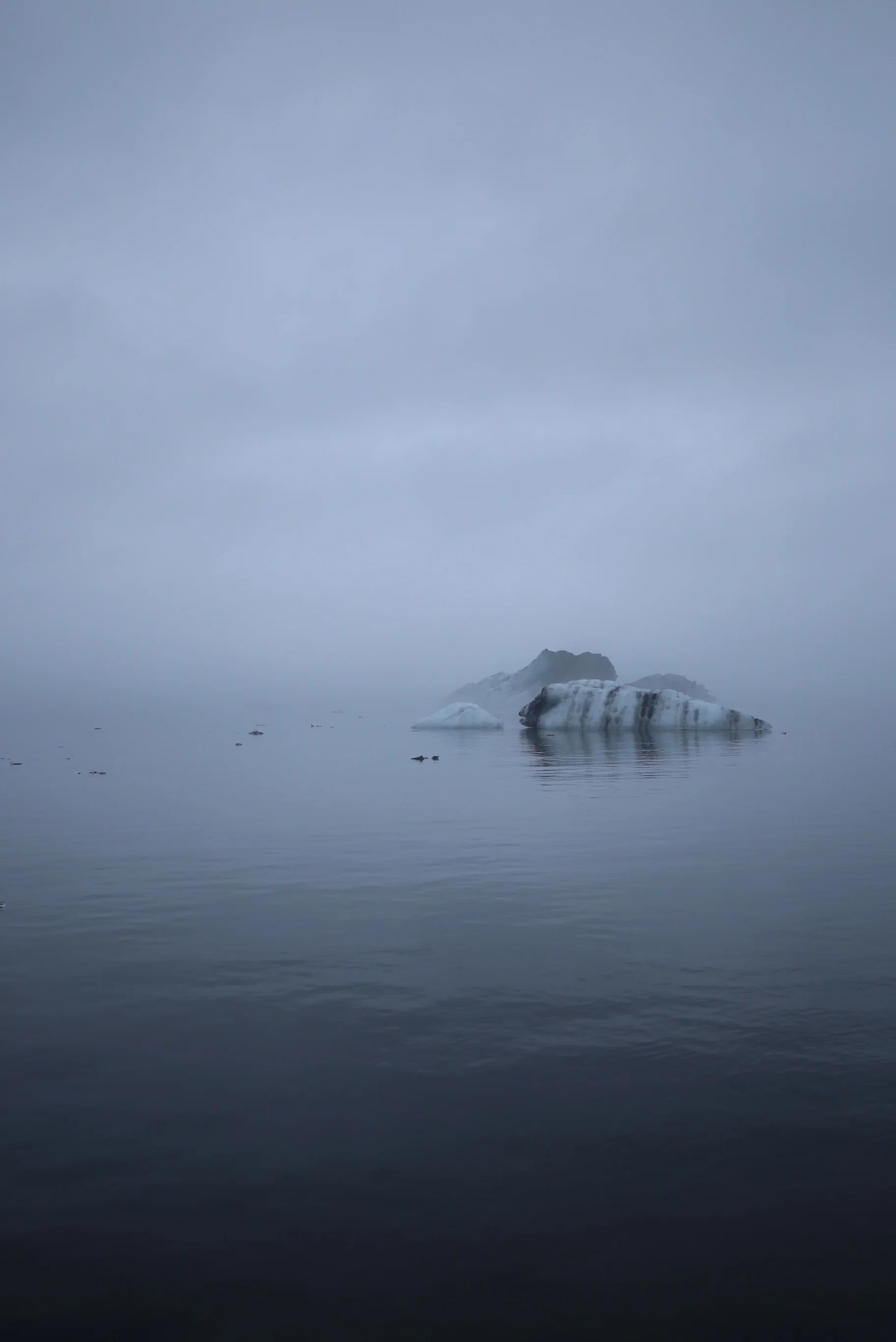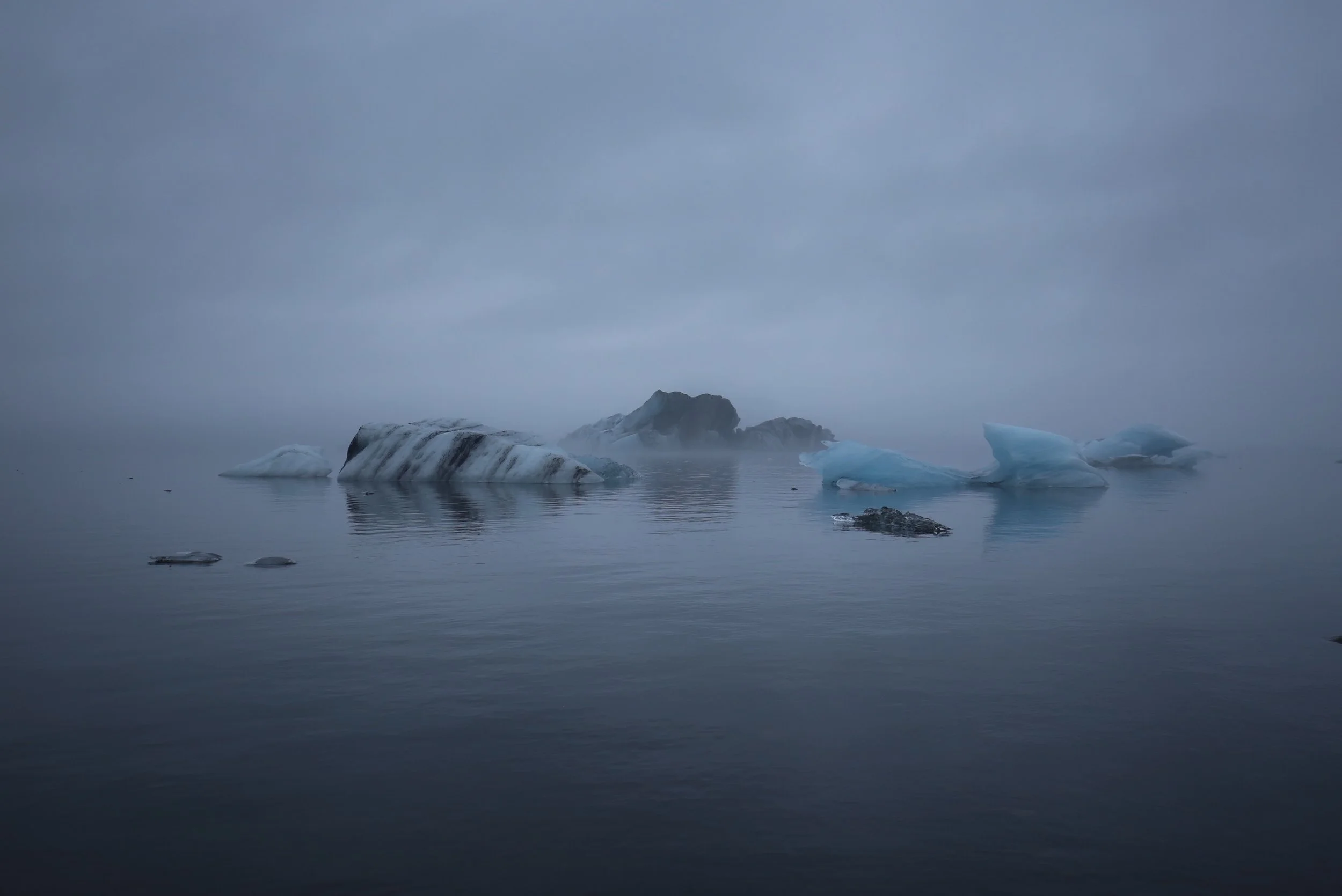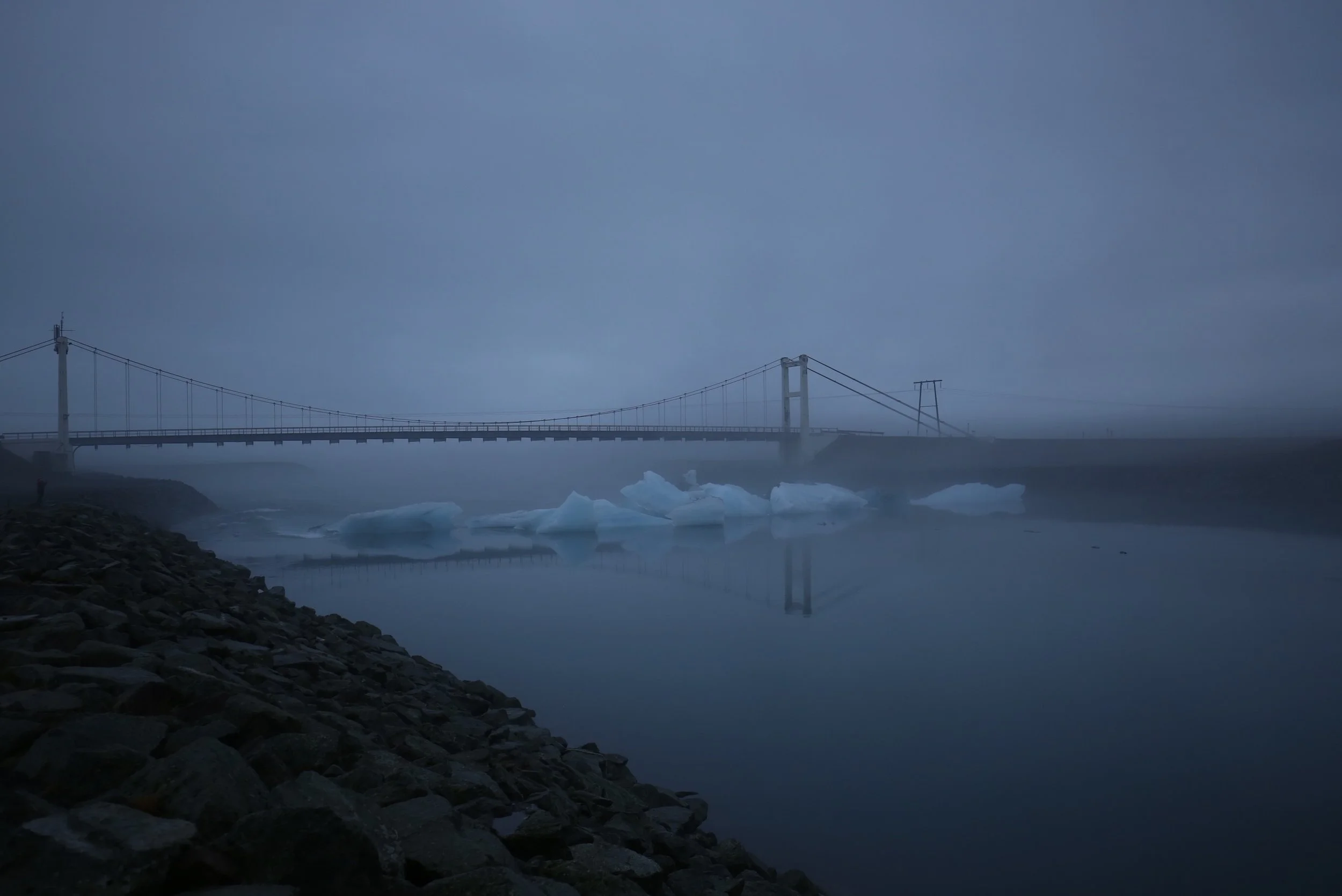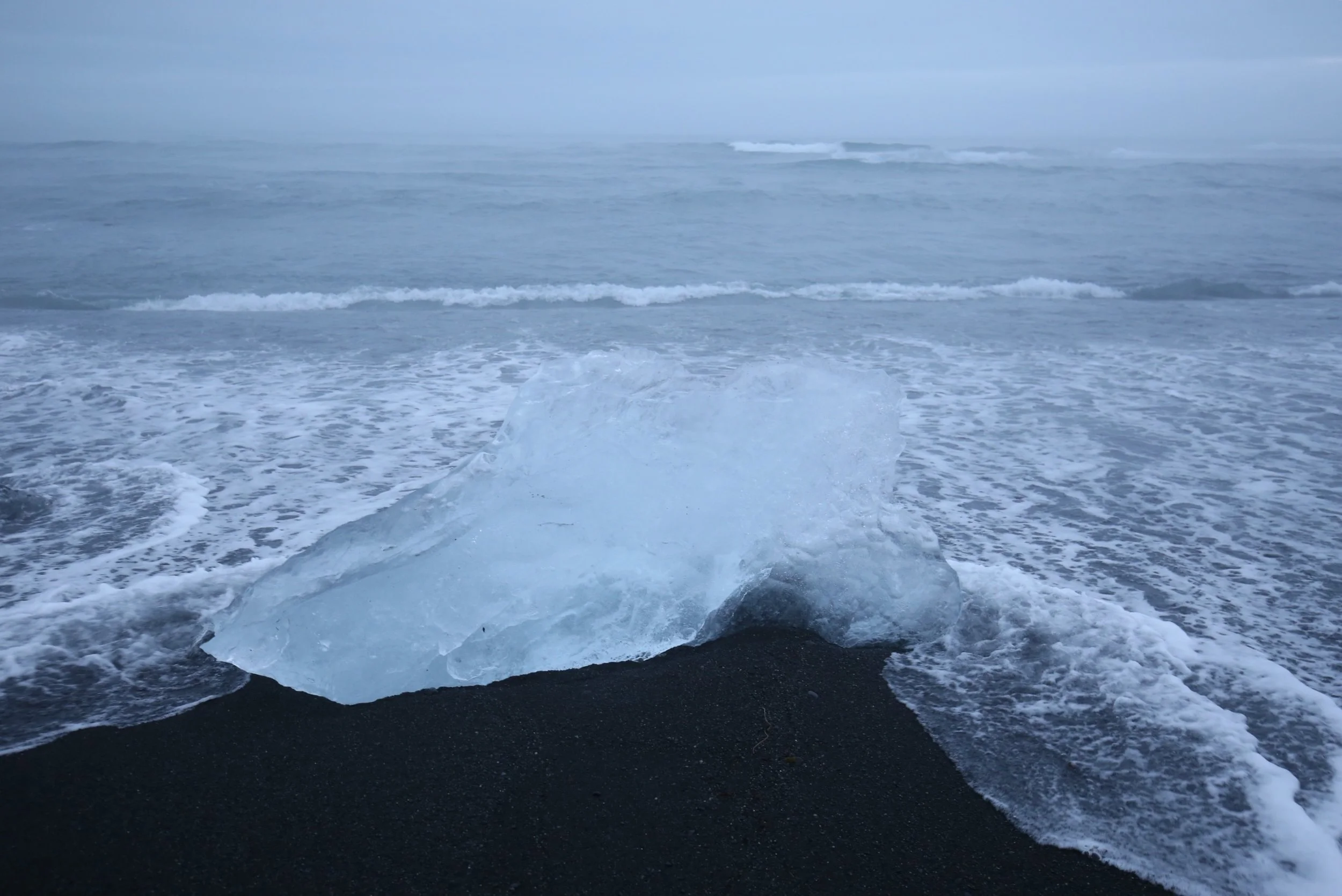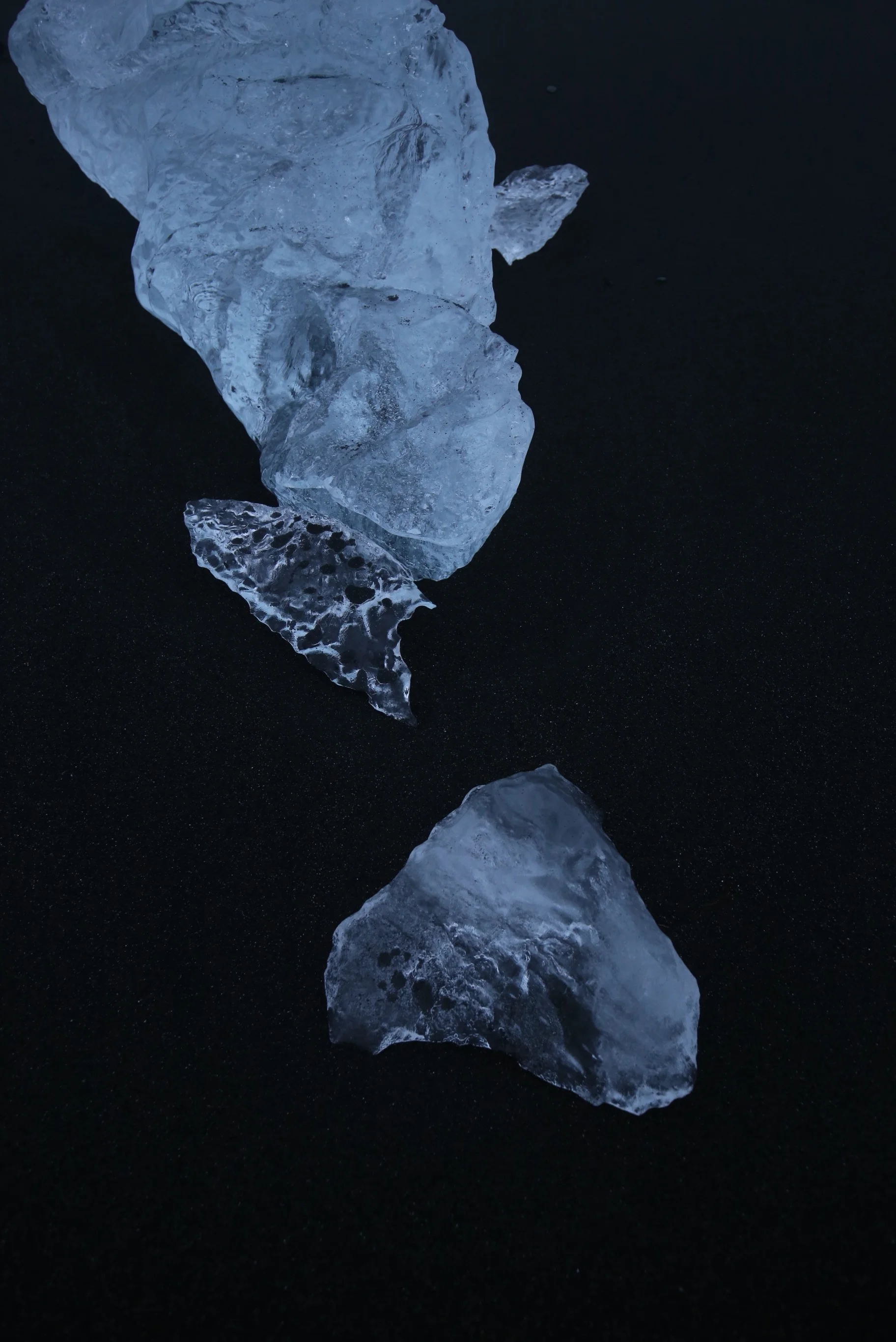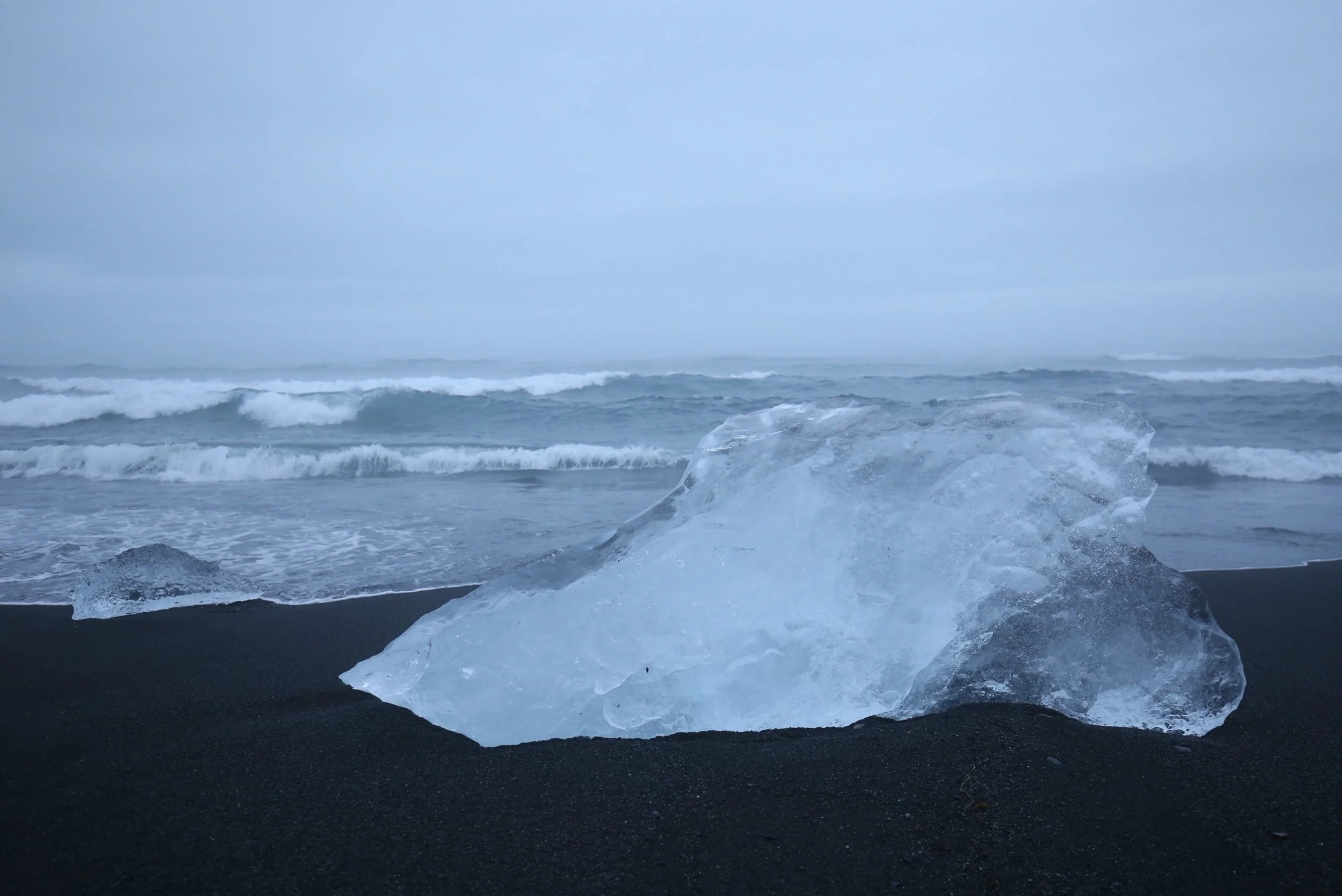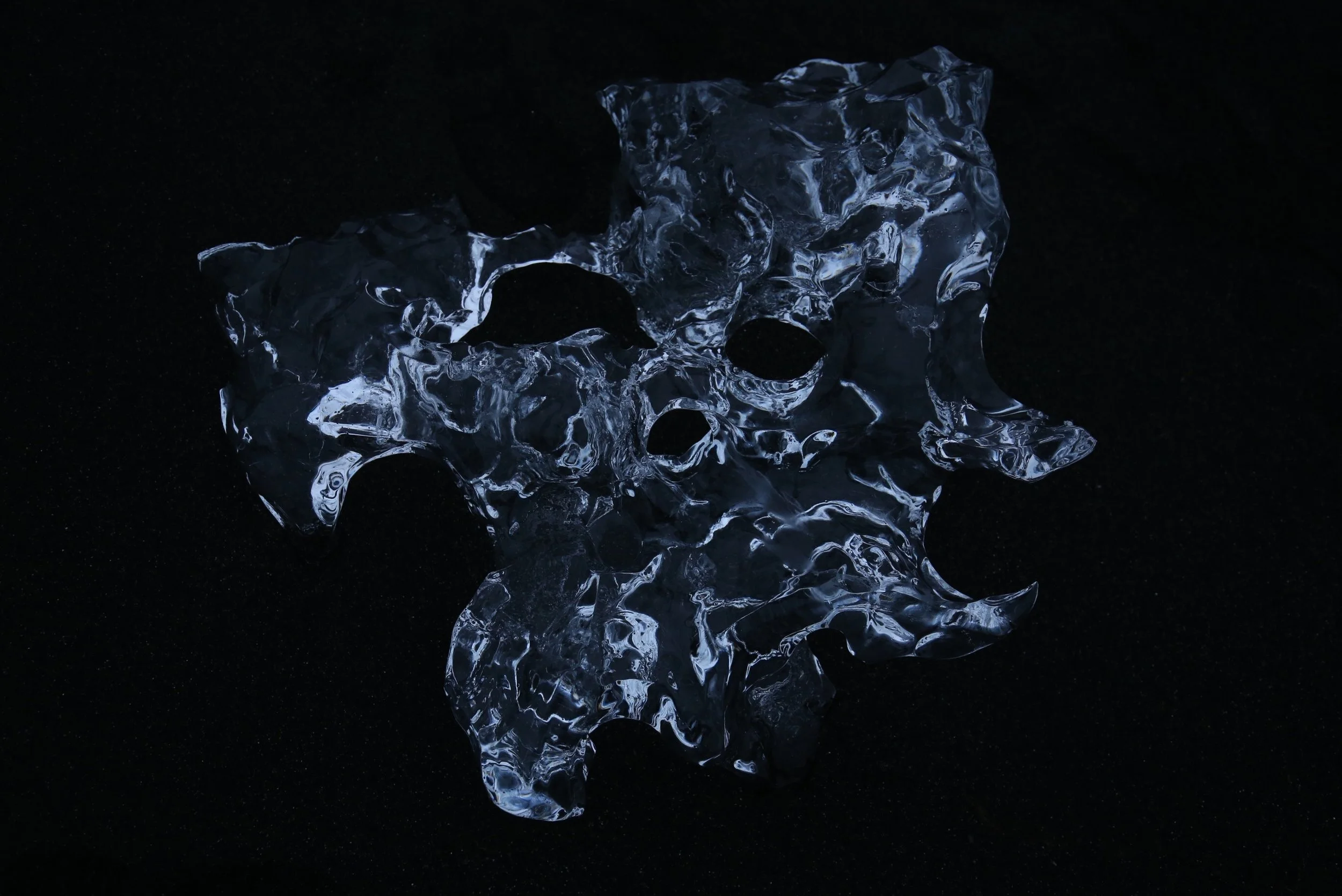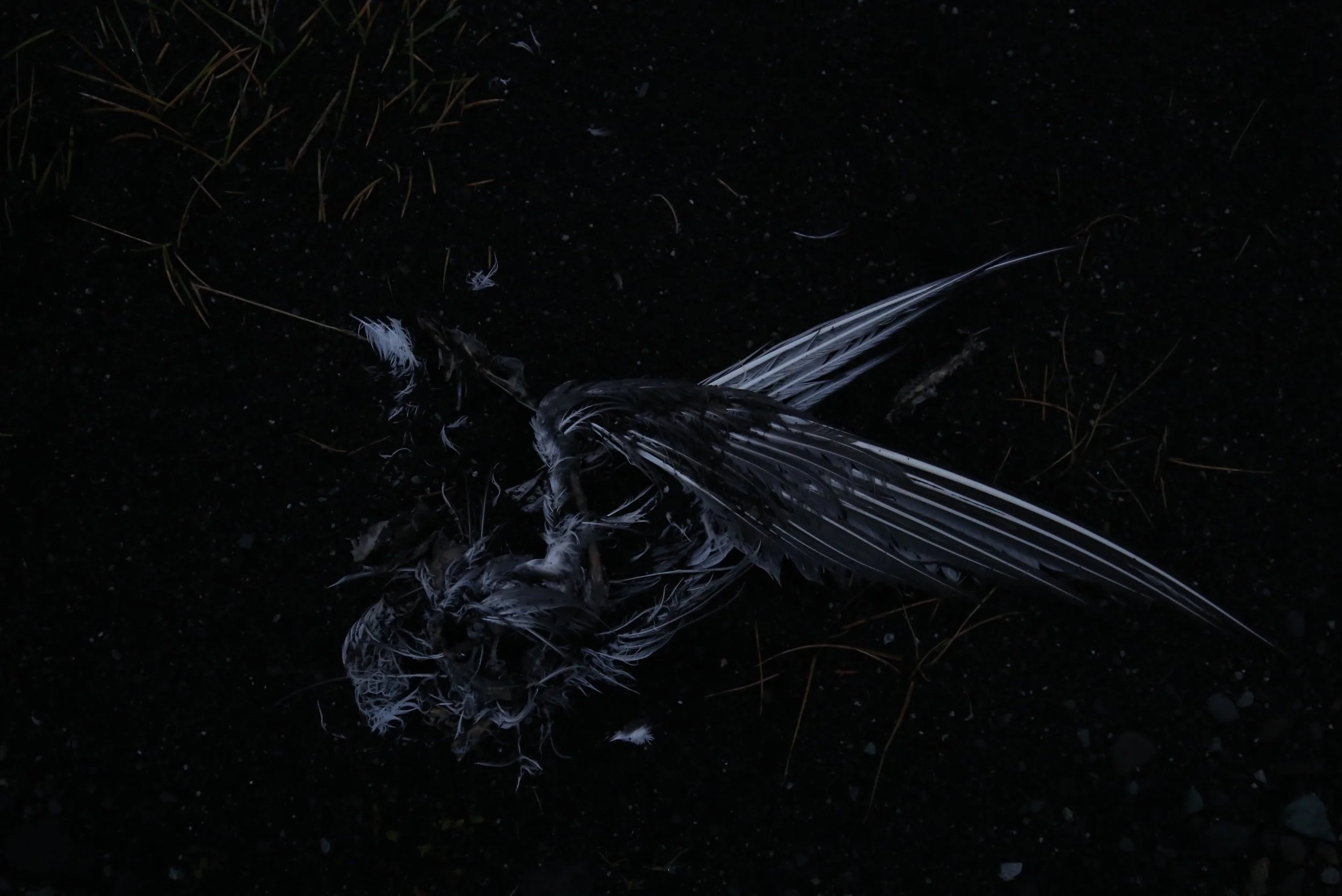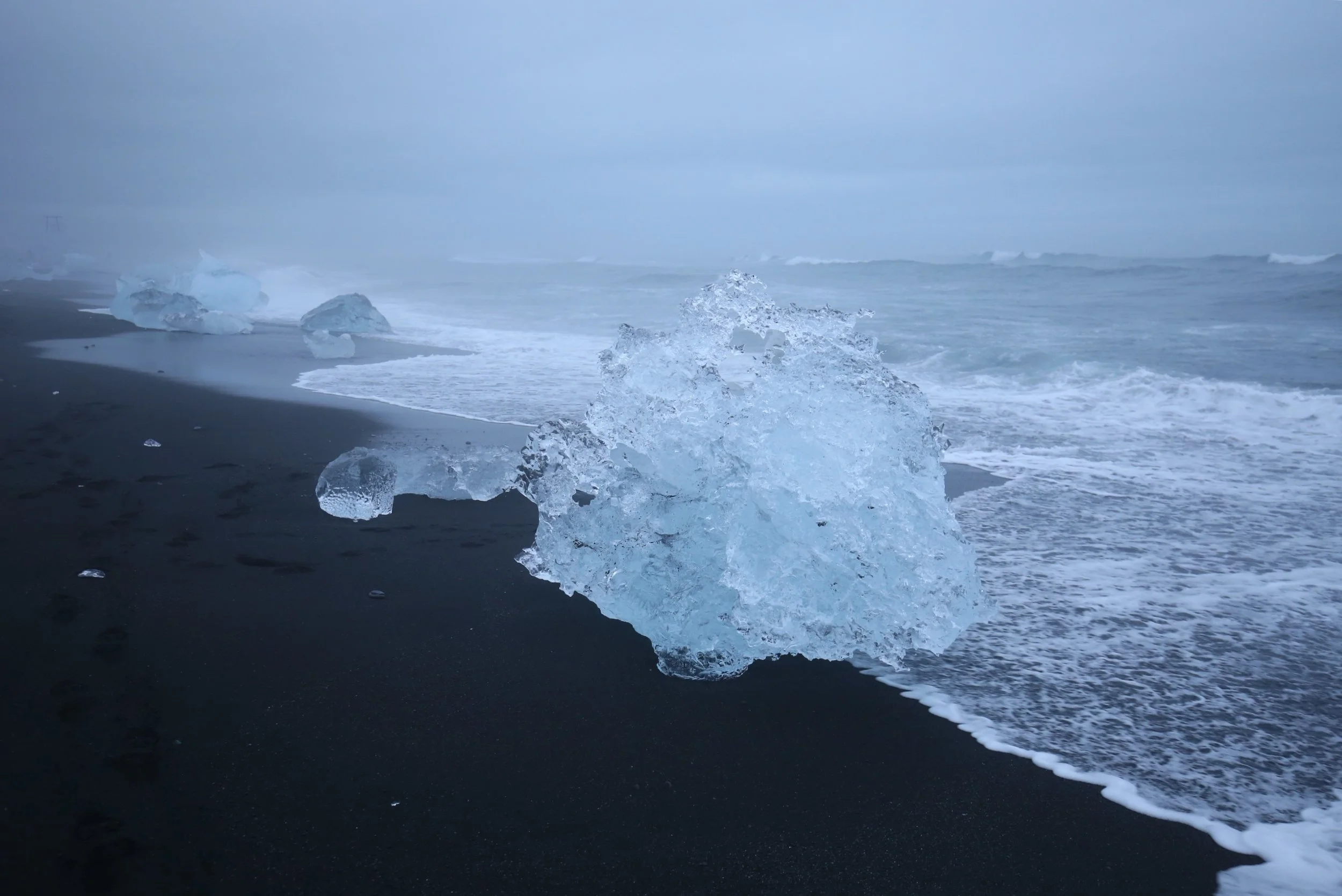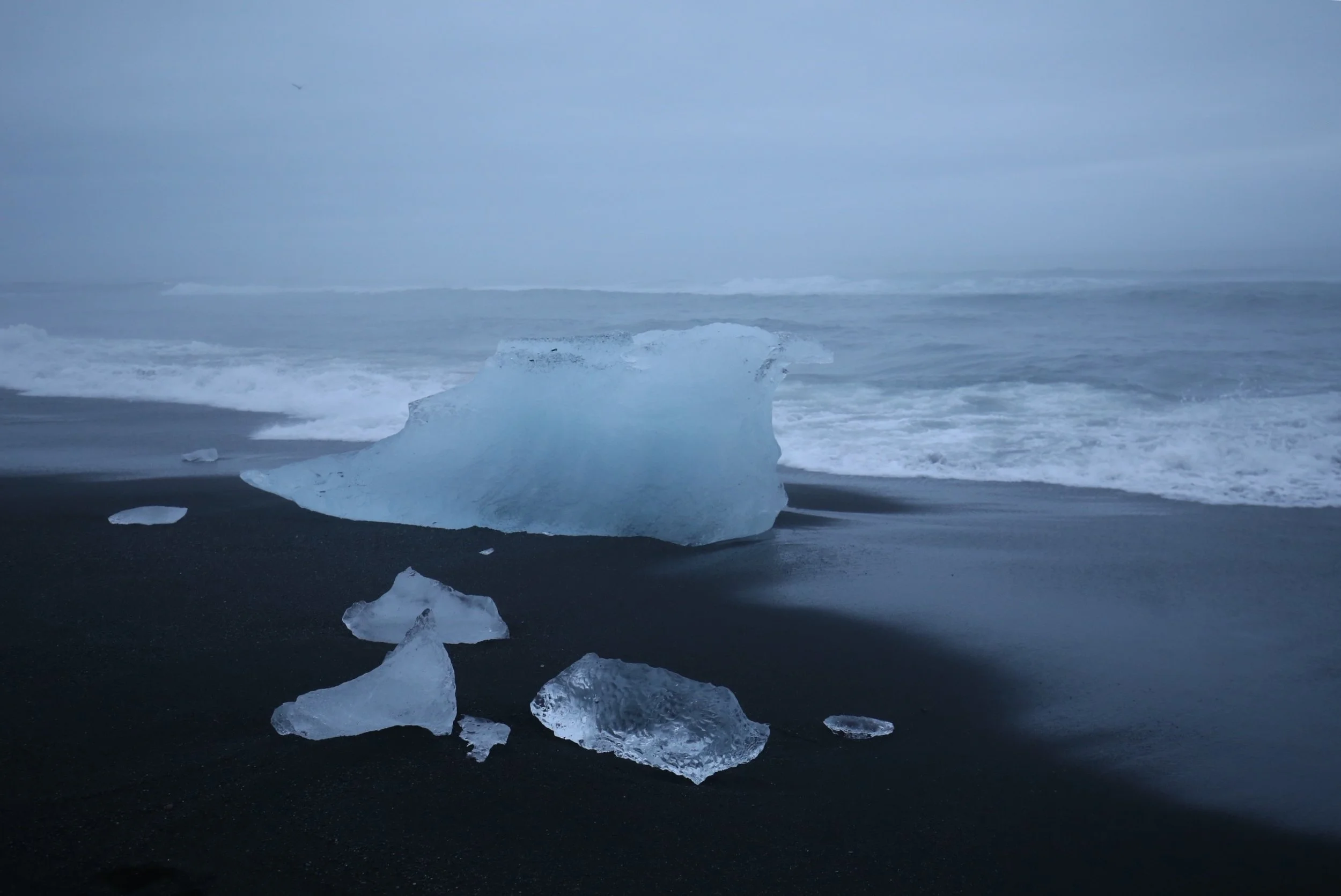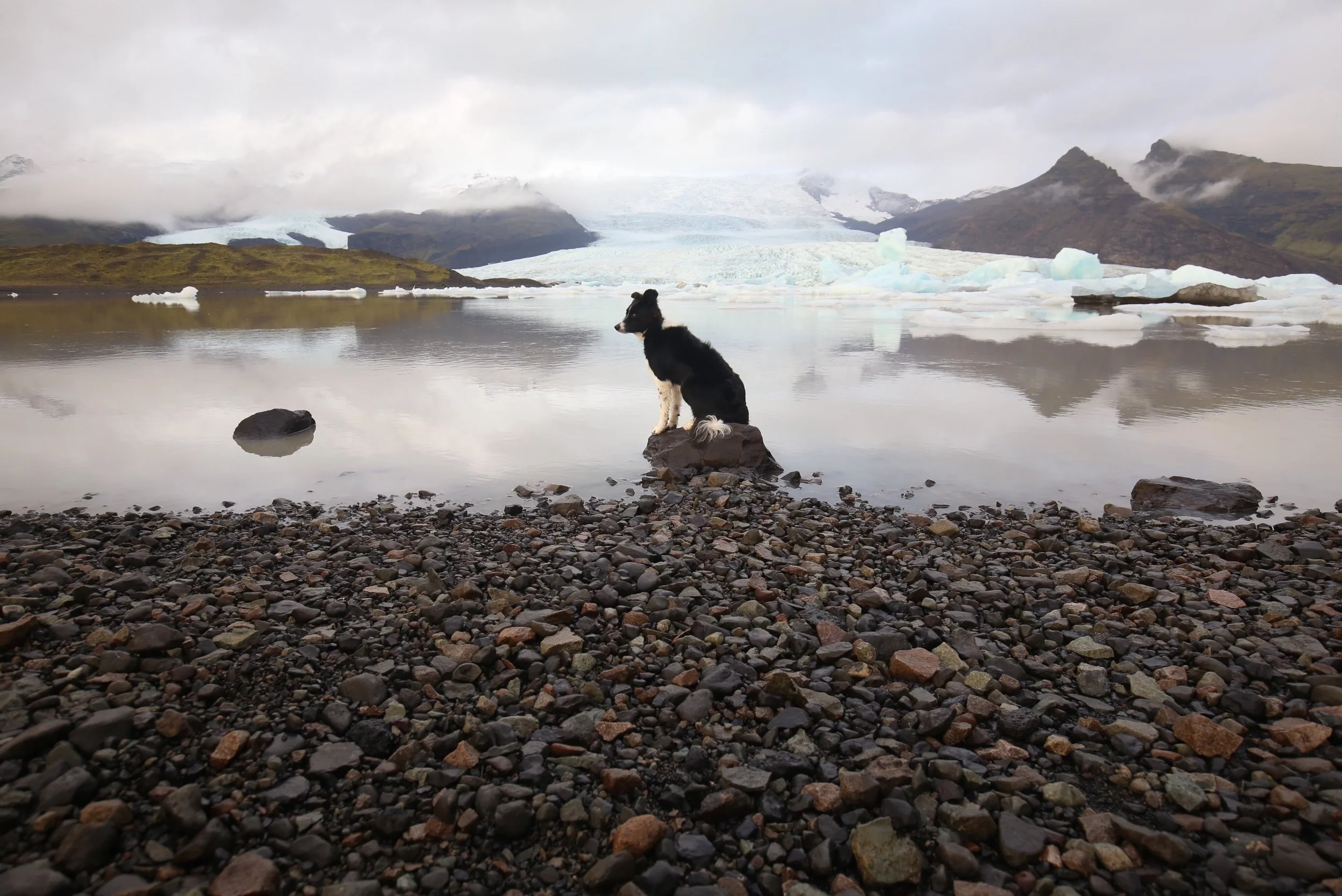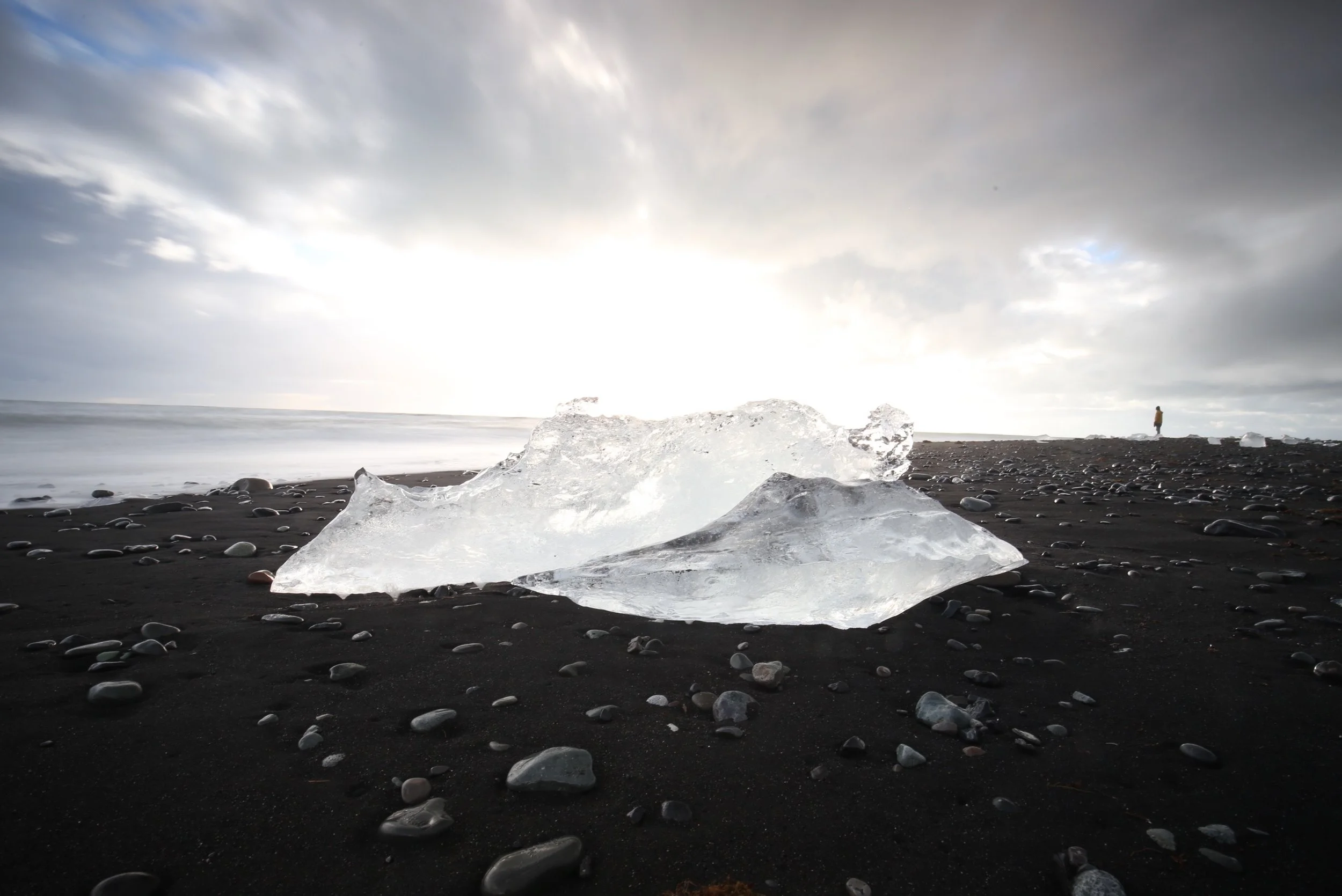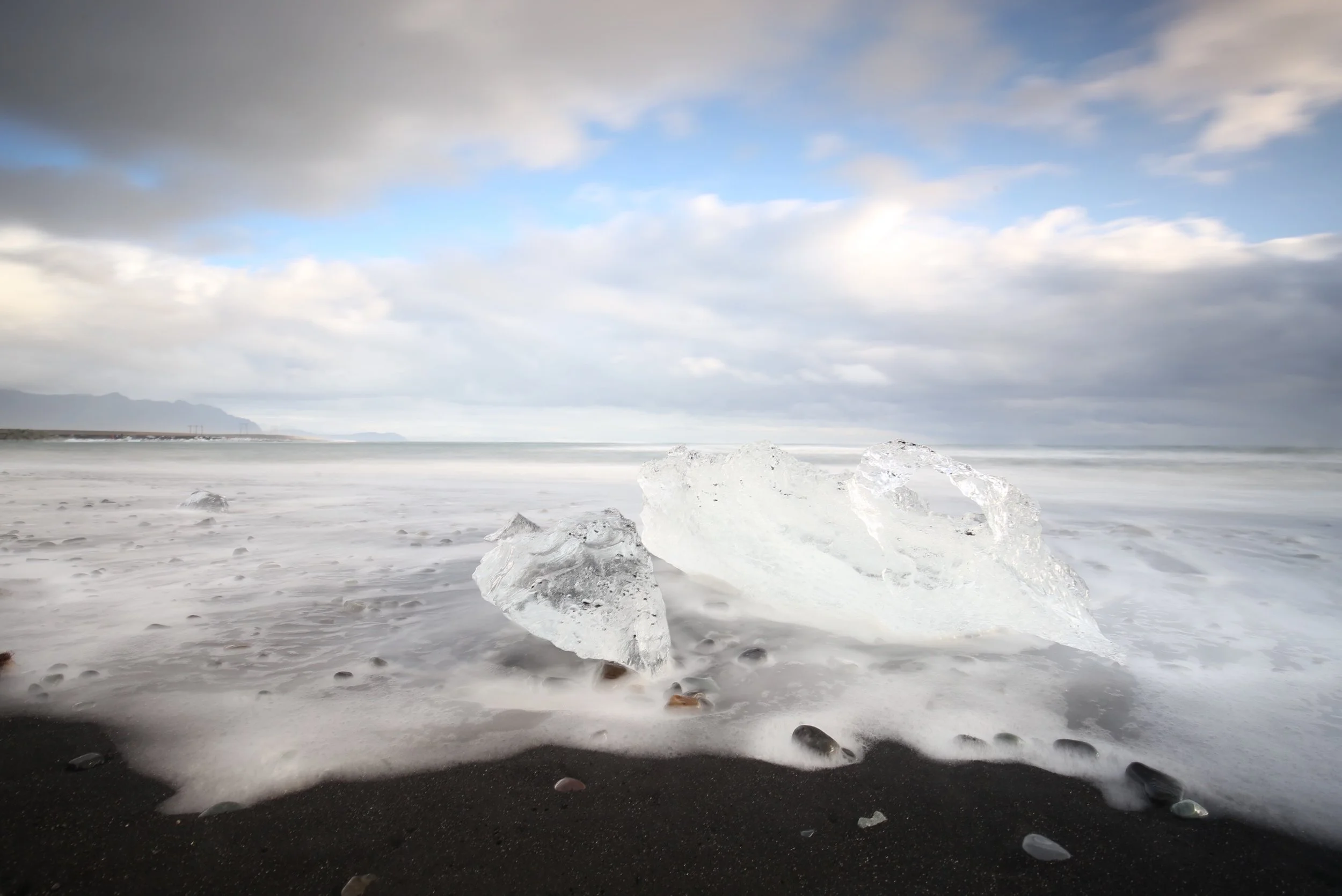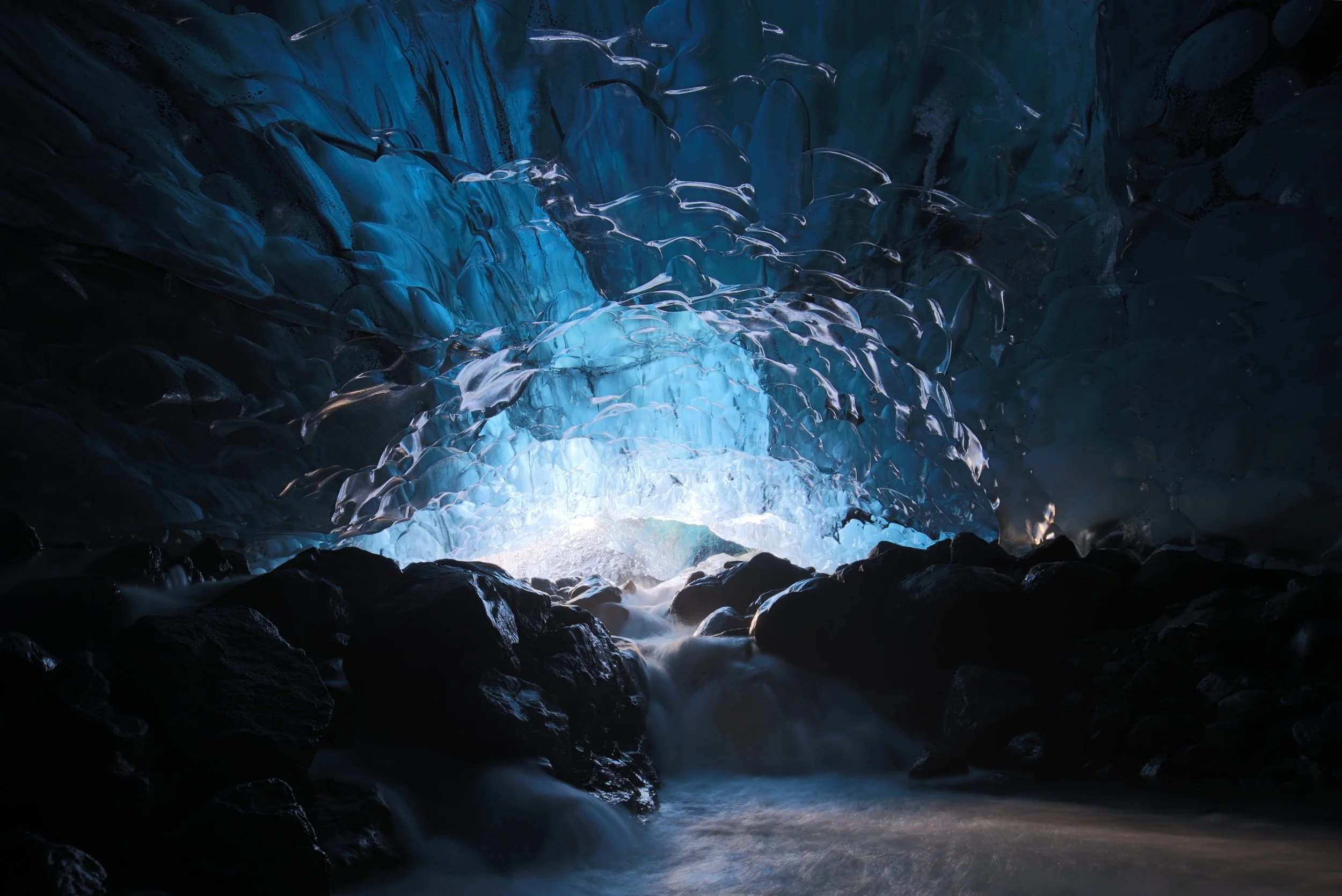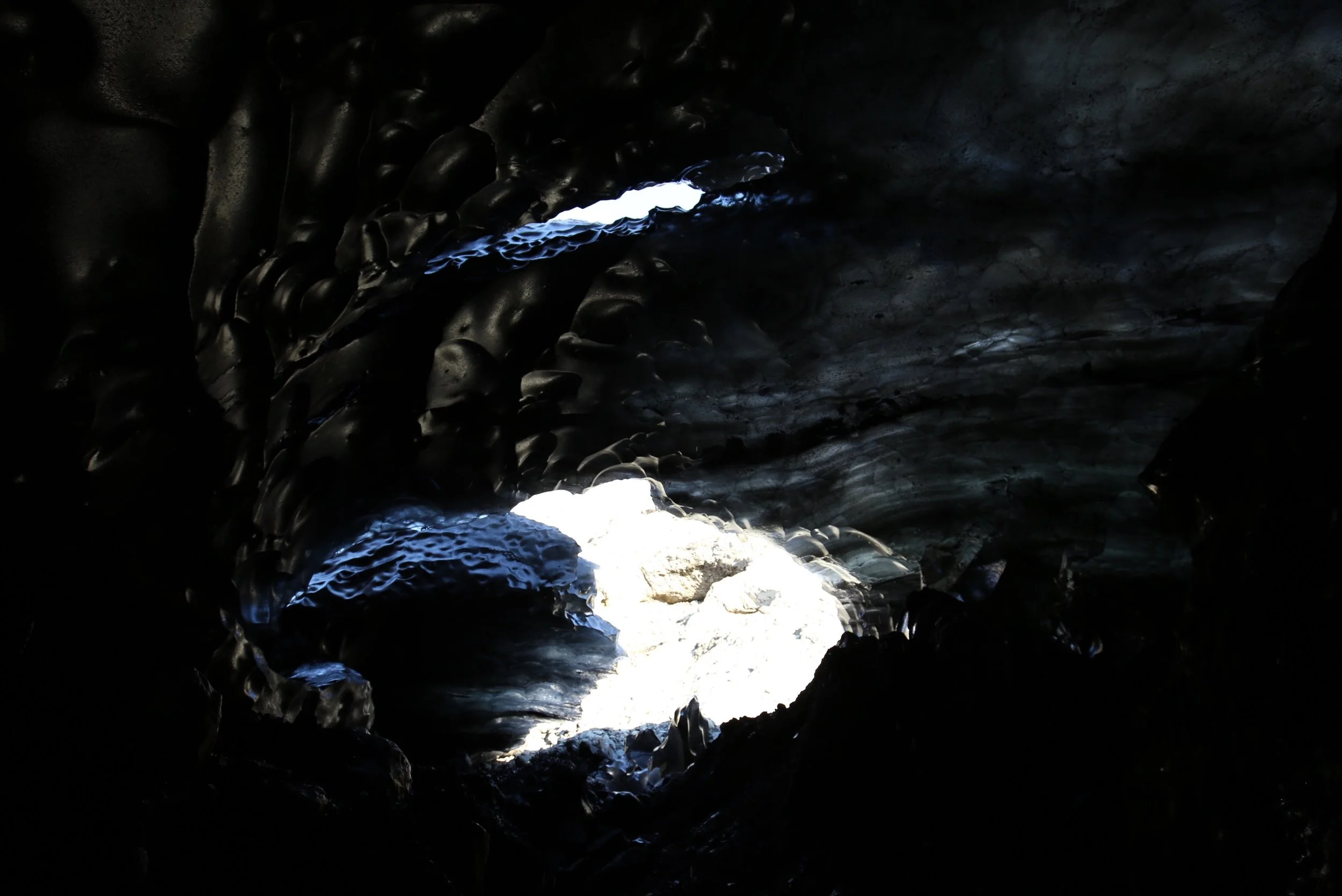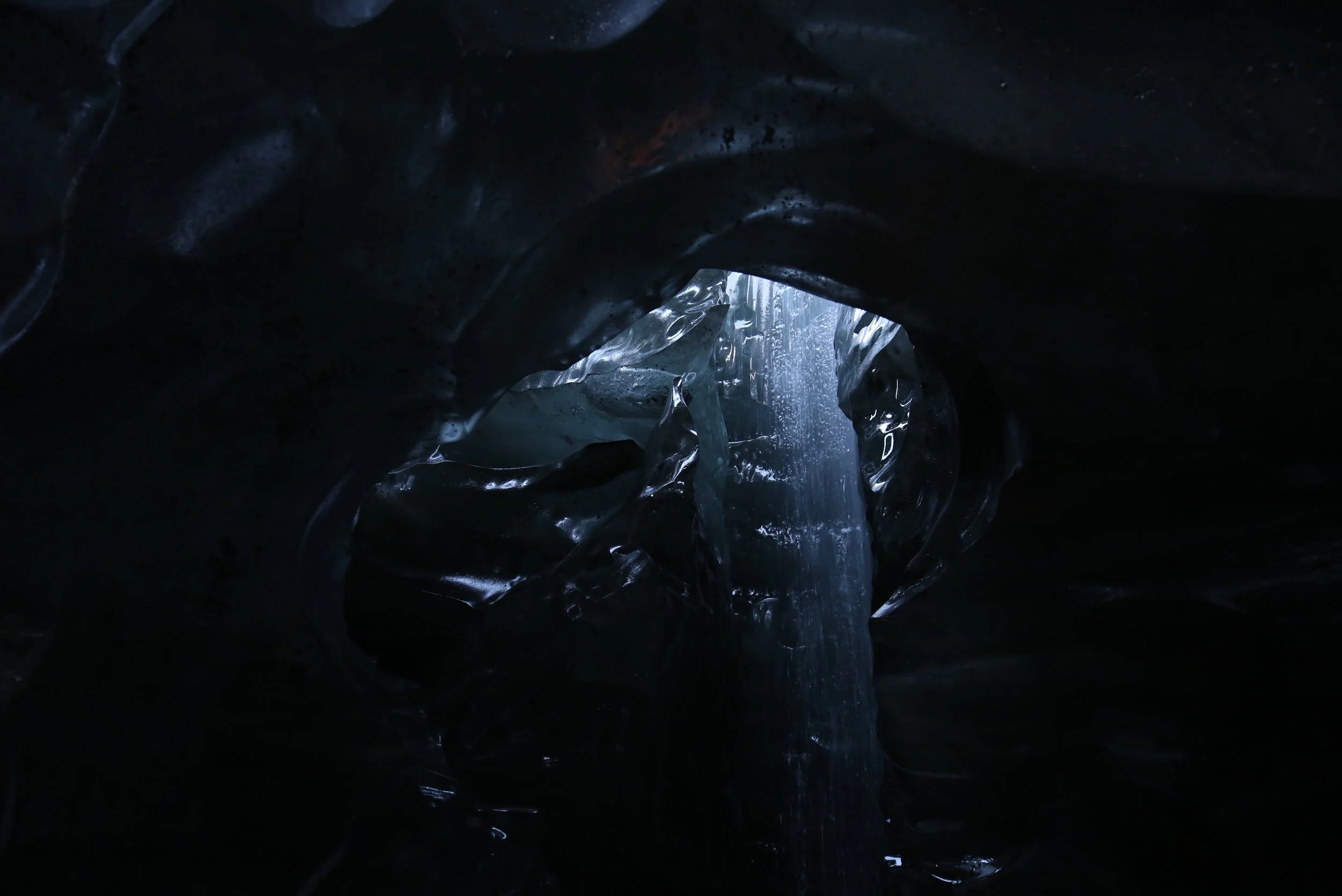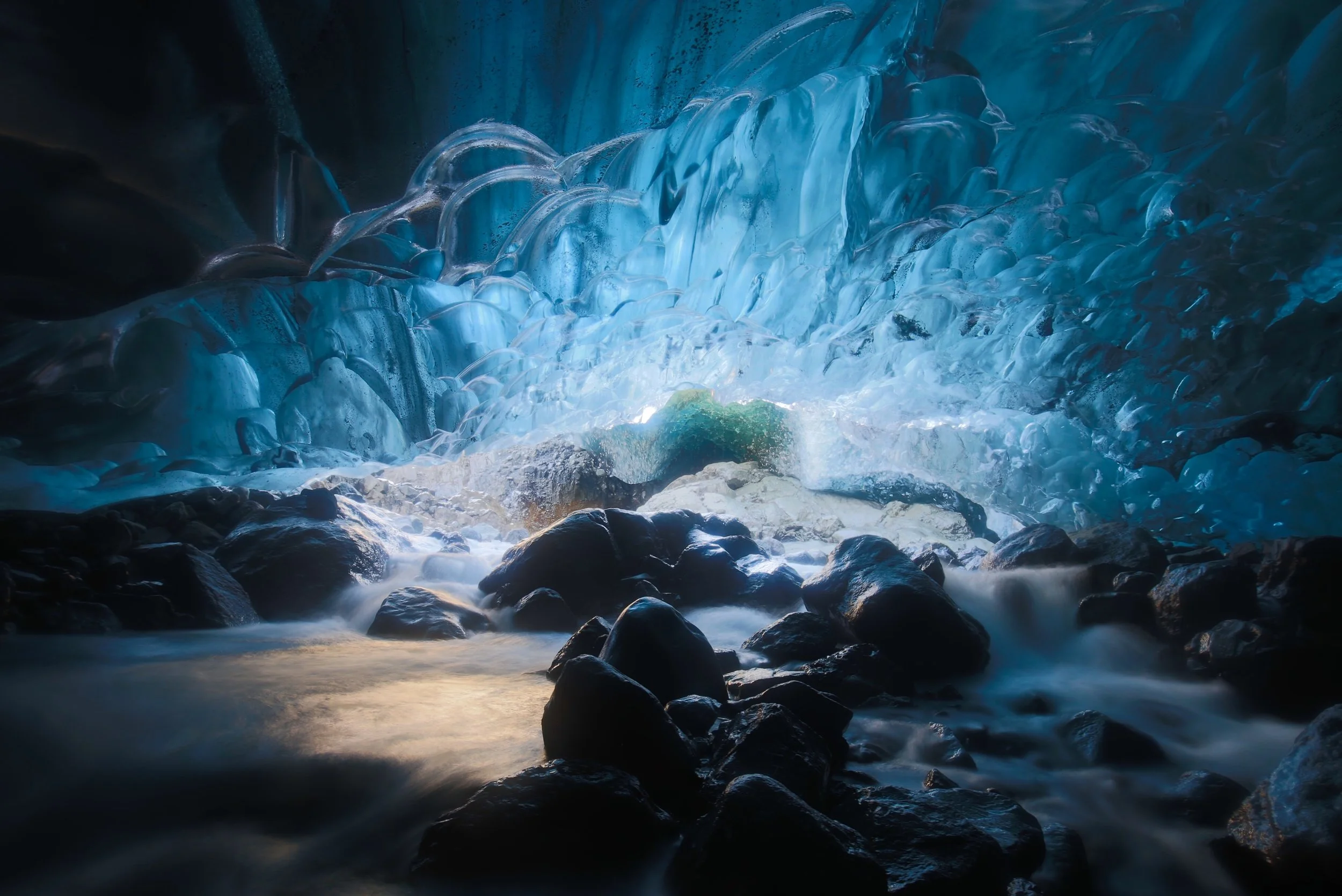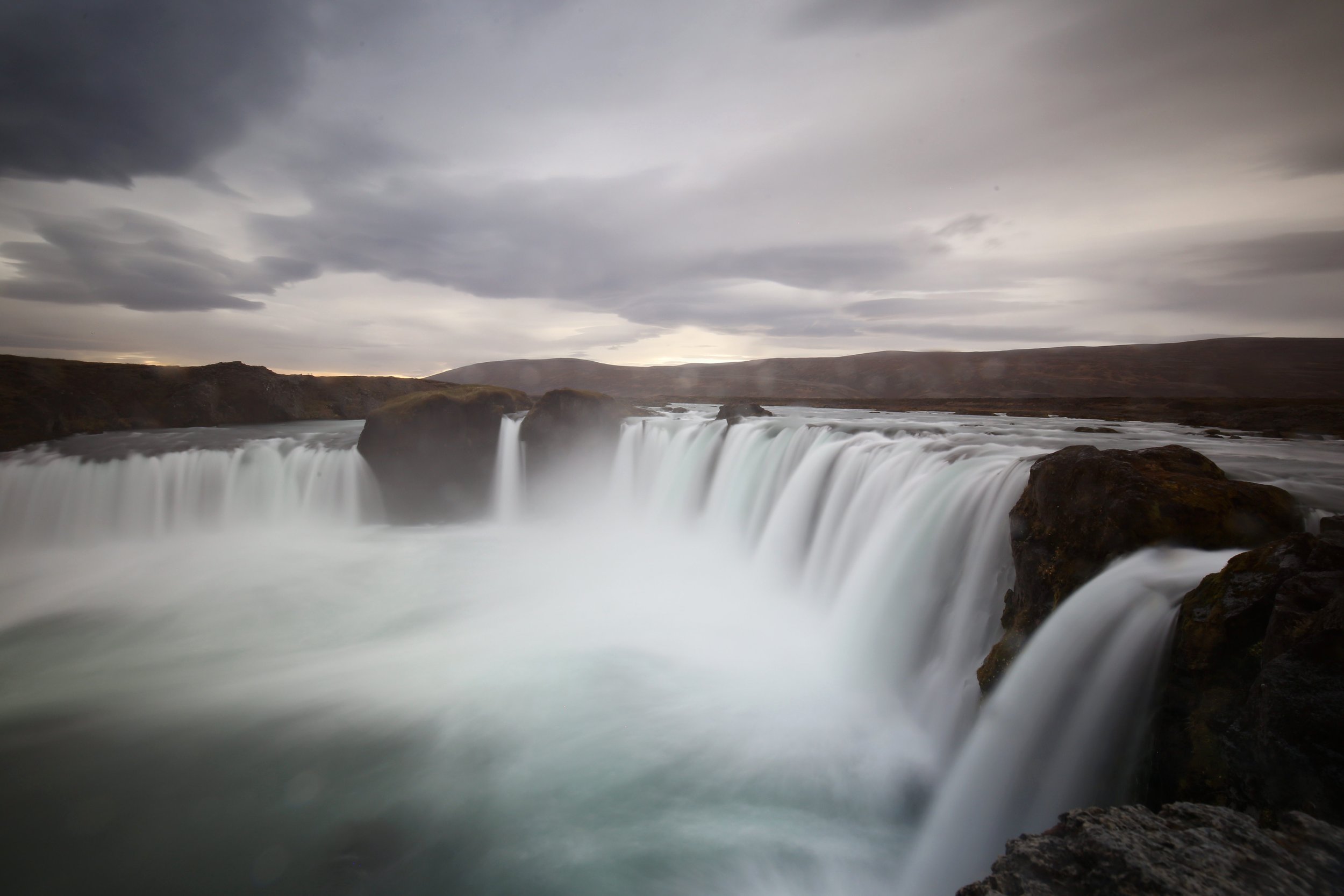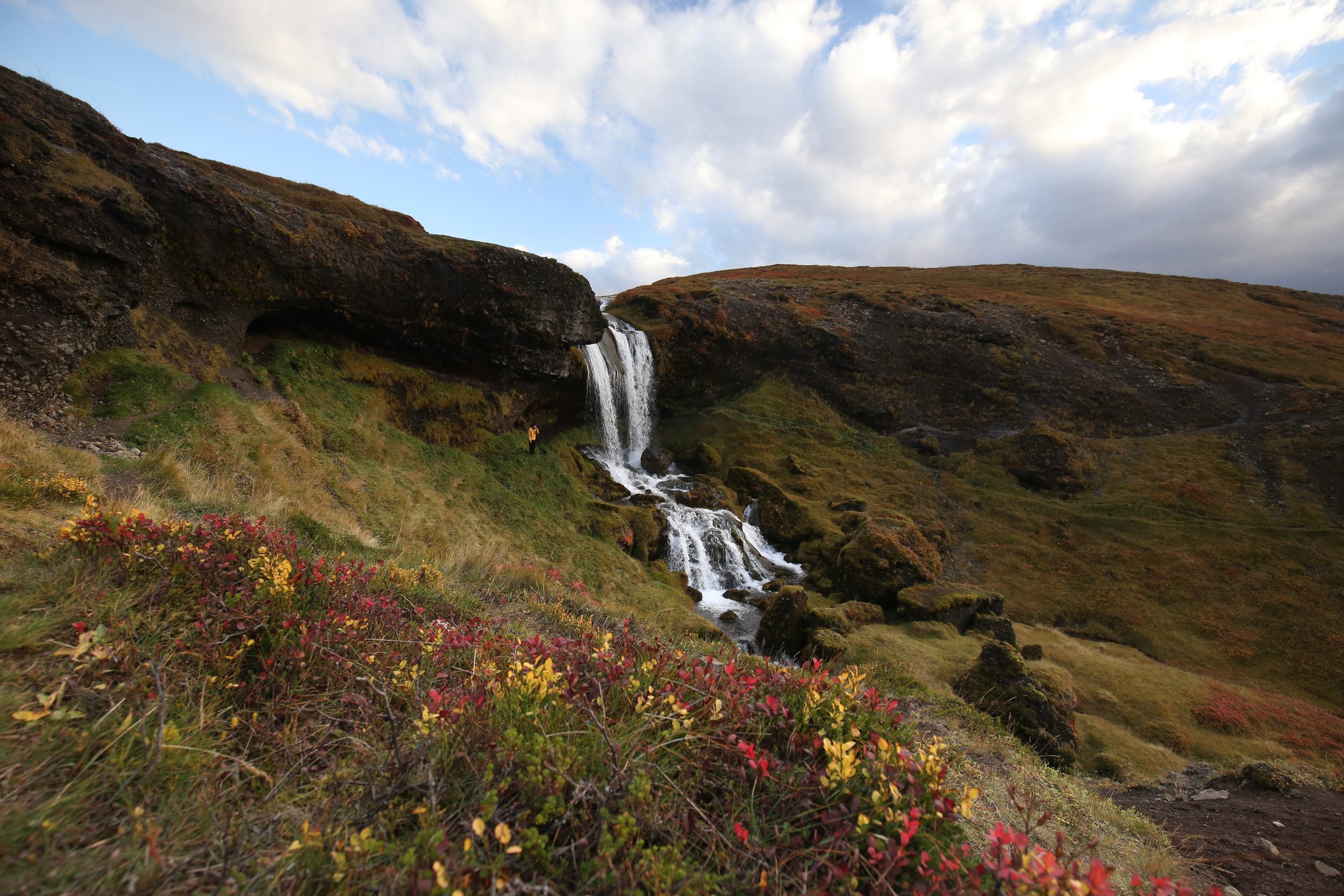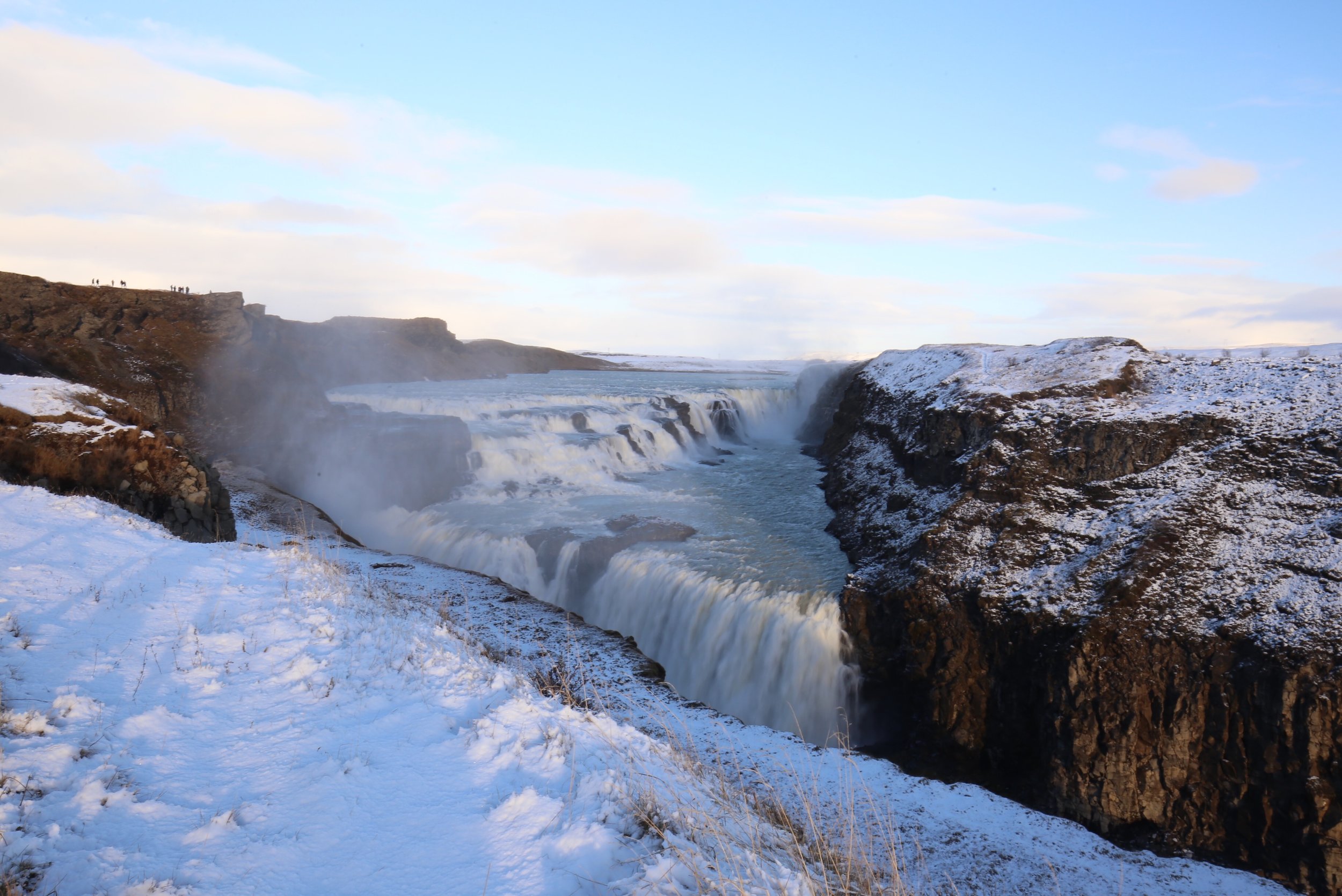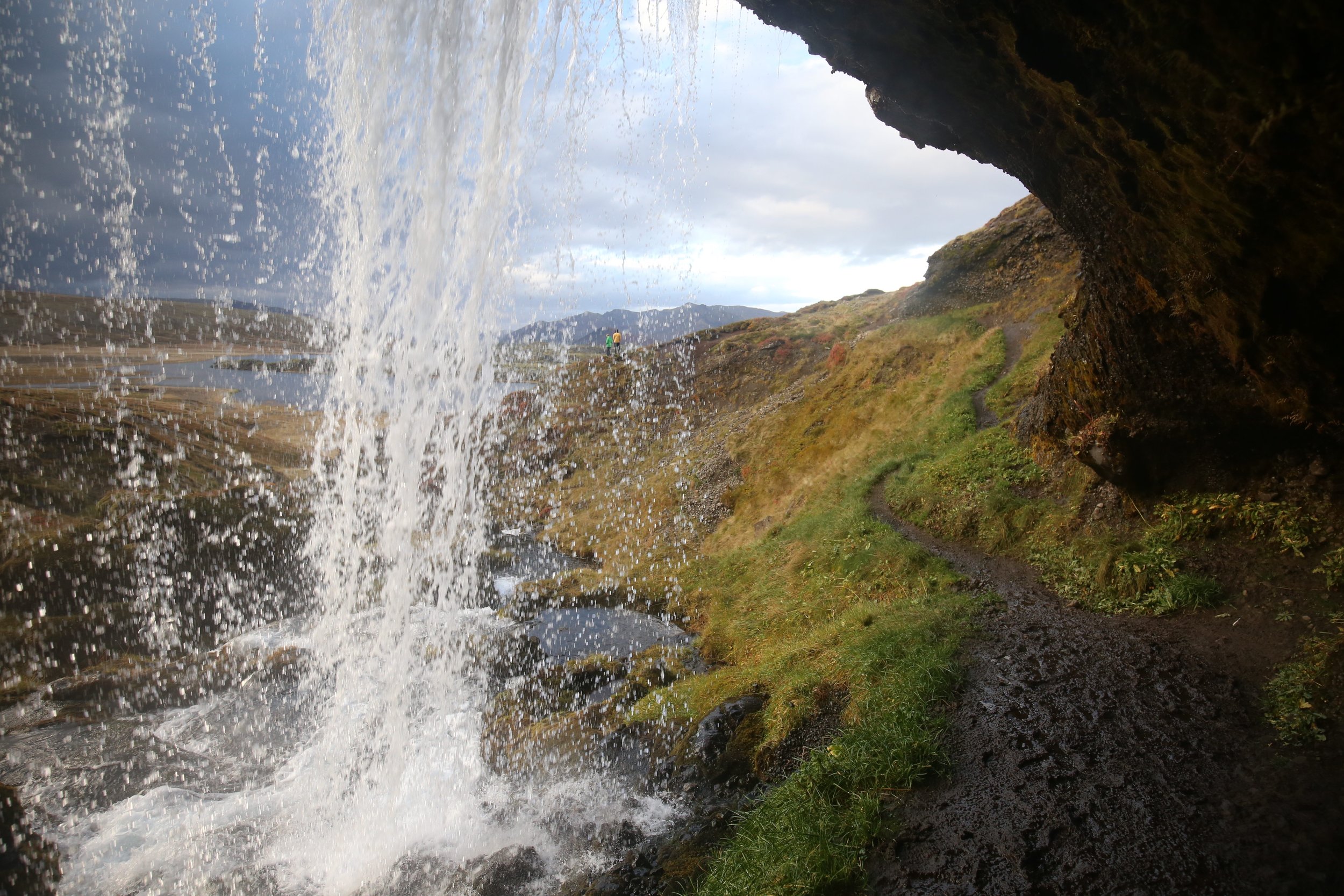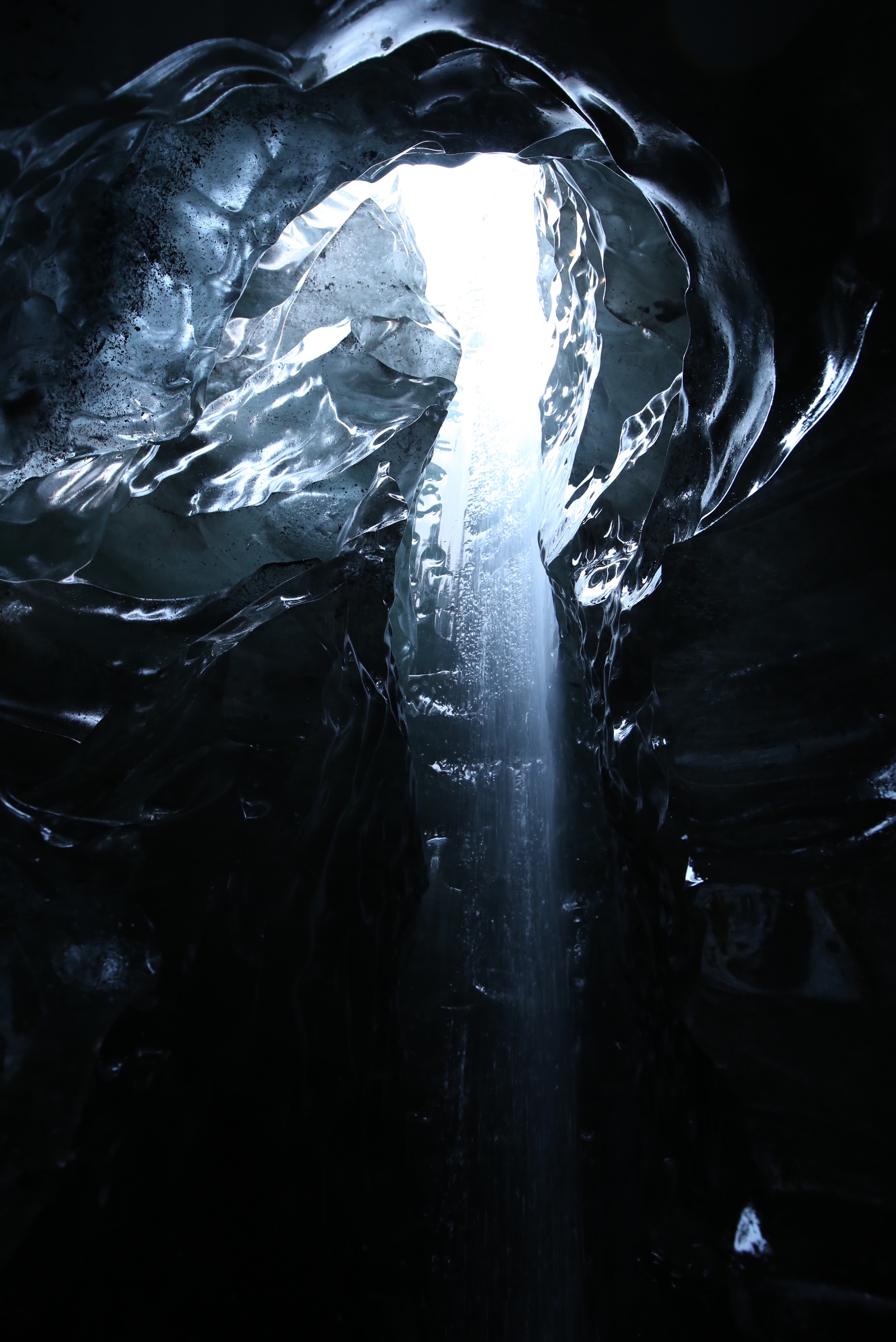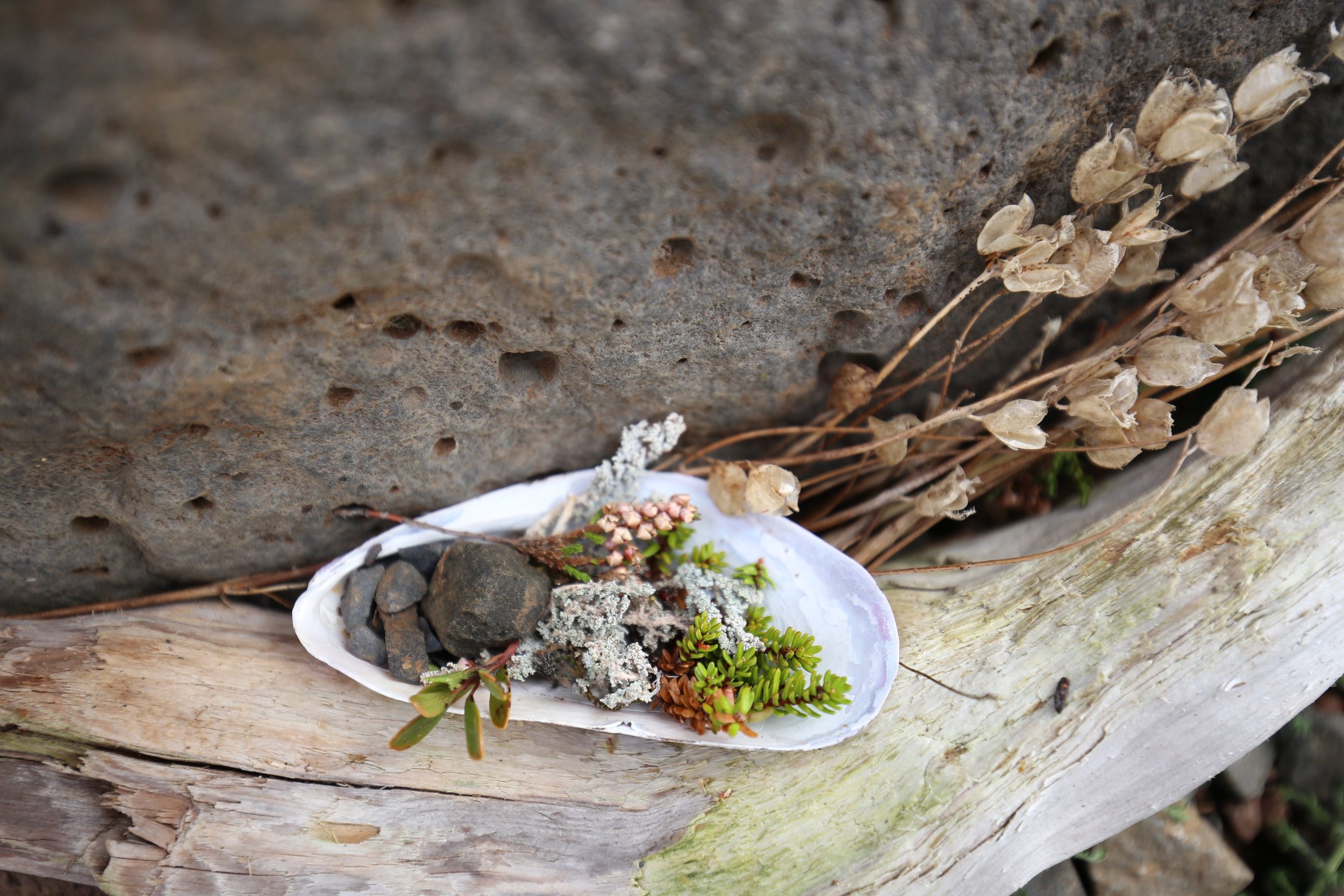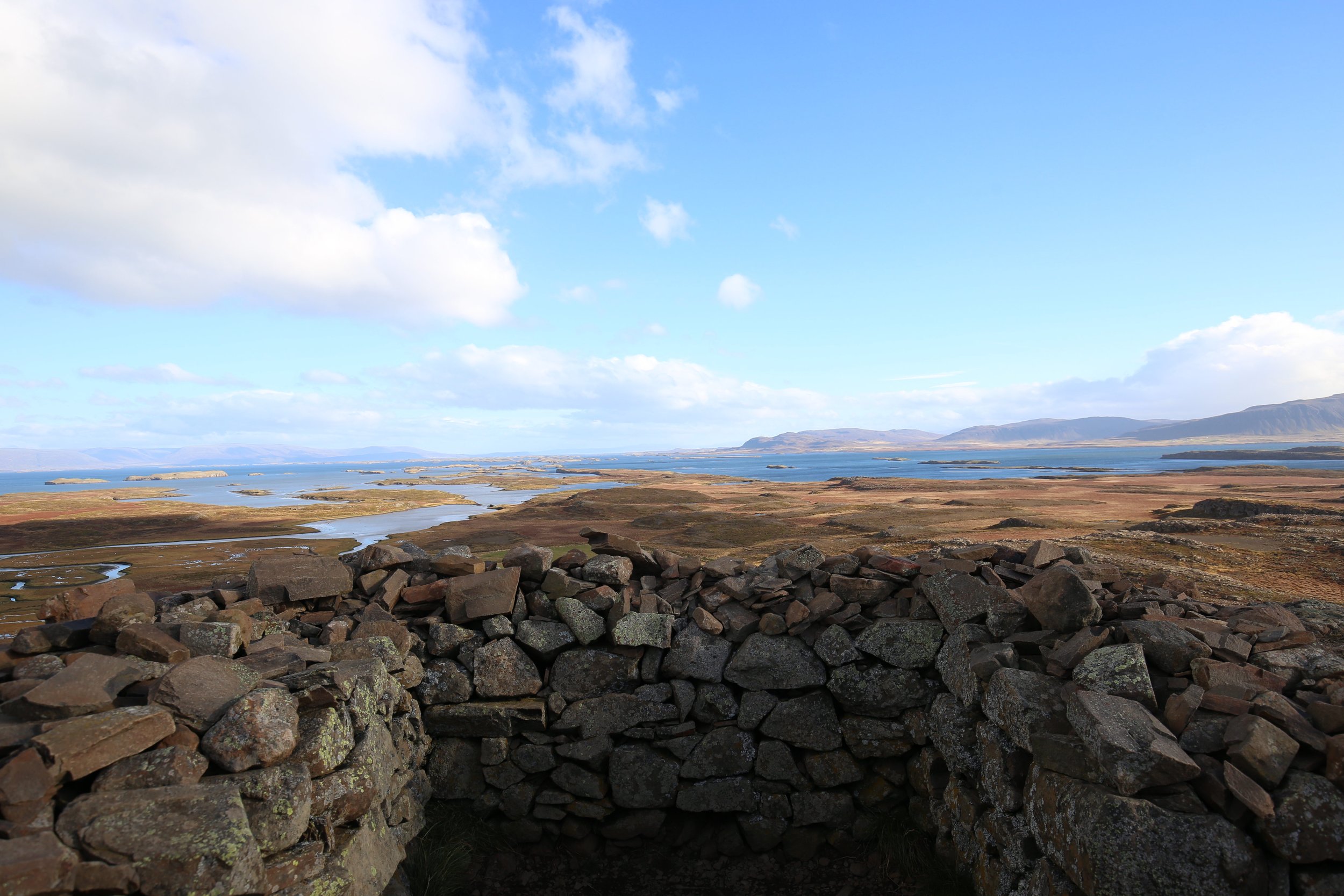“Nothing endures but change”
- HERACLITUS
This world is dying.
I was greatly touched by the recent writings of the herbalist and folk healer Sophia Rose. She told a tale of driving through a cloud of monarch butterflies, thousands of their bodies scattering the road after being hit by vehicles as they tried to follow their ancient migration pathways.
Sophia's voice is joined by another in my mind: Snorri, an Icelandic ice cave explorer. He pointed to bare ground and told us, "...this is where it used to lay, the glacier was here only a few years ago, when those pictures you saw were taken. We would be standing in the middle of that cave now." We looked to our left where the glacier now sat far off and drip . drip . dripping in October sunlight. She recedes by over 1km every year.
Their voices echo in vast caves, joined by a chorus of others. We are the witnesses to the many thousand deaths of our own world.
...
I lived for five days on the edge of the Jökulsárlón glacier lagoon. The weather was melancholy, clouds and mists hung about so that, at times, the glacier was shrouded and the bergs of the lagoon could be seen appearing and disappearing in the low fog. Ever were they moving. In the night I could hear the glacier breaking far off, cracks and rumbles that thundered over the stillness. The pieces scattered till they caught at the mouth, jostling to make it to the sea where they would be washed up and smashed upon the shore into a thousand glistening shards, all the while being worshipped by photographers bent at the knees on the black sands. Some are blue, airless, a thousand years old. Some shards are white or clear. Others are threaded with volcanic ash. Over the five days, I watched each individual iceberg make its way to this Valhalla, and the cycle continued, and continues.
Nothing endures but change.
...
Watching was so sad, and yet it was a lesson too - the slow lesson, constantly revised, about impermanence on this Earth.
I have made my study in the humanities - and it seems my study has focused on just that: humanity; from their very beginnings {Archaeology} to their most beautiful creations {History} to their changing ways {Anthropology}. It is only recently that I have begun to weave their tale into the fabric of all time, all history, all change.
Once, my mother asked me to make her a calendar for Christmas, but what she described was something quite special:
"Make me a calendar of all time, from beginning to end."
I did my utmost, but of course there were gaps and guesses. The results, though, were phenomenal. The calendar stretched across two walls, was threaded together with ribbons, and visually indicated the length of the scientifically named geological Earth eras through bigger or smaller sections. The section that contained our own era was quite small, the section that contained our species history - from beginning to end, was minuscule. One would not even be able to see it, if I had not exaggerated it a little.
And now we come to the crux of it all. Things are heating up, excuse the pun, and there seems to be no end to the suffering, the disasters, the speculation and intrigue, the political mess, the many solutions offered. I have heard a quiet voice or two say, in this dark night, that we have very limited time left on this Earth. And I think of that calendar I made, of the many extinctions I had to scribe onto paper, and I know that eventually, yes, we will all die. As will all things, because that is the way of it.
Nothing endures but change.
...
If we are to avoid total nihilism, and to avoid the kind of panic that harms others, we can look instead to the wisdom of Sophia Rose:
If you found out that someone you loved dearly had only six months to live, the irreplaceable nature and incredible treasure of that connection would surely come into clear focus. I imagine that you would go far out of your way to see them, and do all that you knew how, to honor the kinship that shared. You’d notice every detail about them, savoring the sound of their voice, and the way their eyes crinkled each time they smiled. You would soften into an acknowledgement of your own ephemeral nature, and each moment of life would become more potent for its rarity.
- Sophia Rose - La Abeja Herbs Newsletter
Perhaps the thousand deaths we see are a thousand reminders to live so fully, to not turn away in fear but to look all life in the face and see the miracle that brought us here to feel, to hear, to see, to touch and taste and love and suffer in the first place.
...
We may act surprised - when we learn that this world is dying, but the concept is an old one, and we are simply realising its many applications.
To act surprised and angry when learning that all things shall fade, whether in 100 or 1 billion years, is to be like the old man who witnesses a hundred deaths but is surprised to learn he himself is dying also. It is written, it has always been written.
Has this foreknowledge destroyed the beauty of life while it lingers? Has it already ended all the wonder and miracle that is life itself? Clouds pass, spring comes to the land still, and a bird sits in the cherry tree outside. I cannot help but love this Earth, surround myself with it. I will not push it out, but will cherish it the more.

